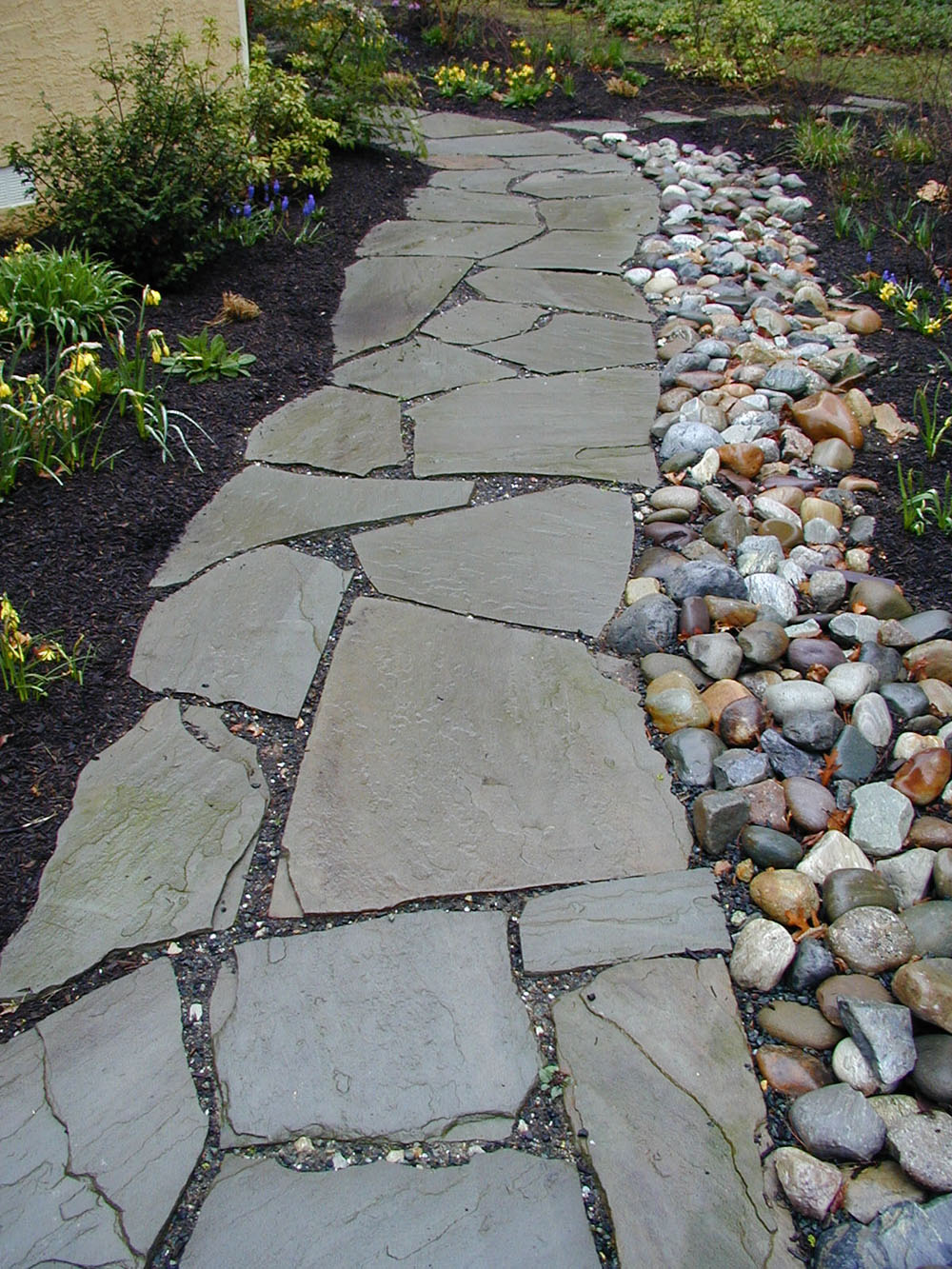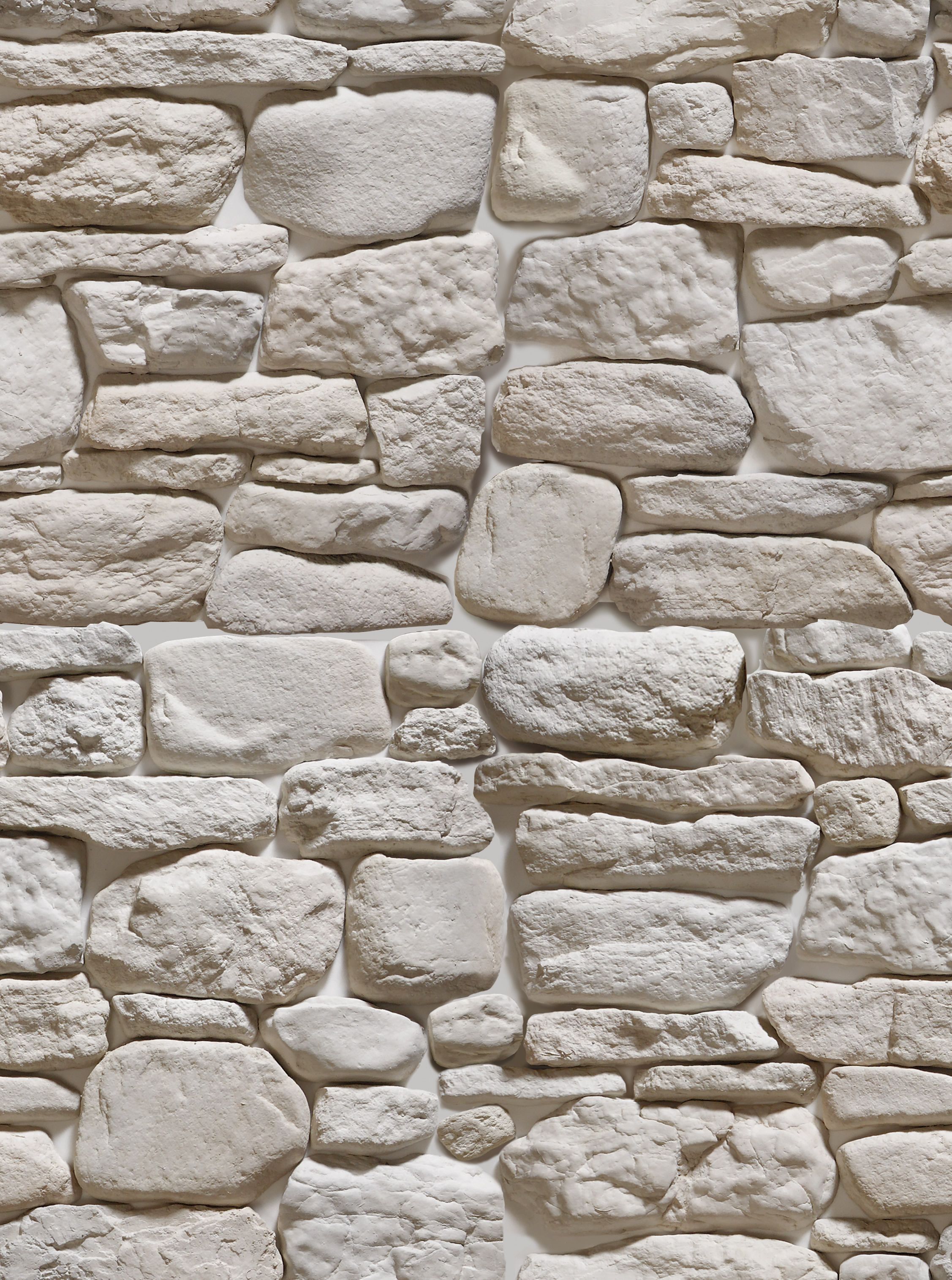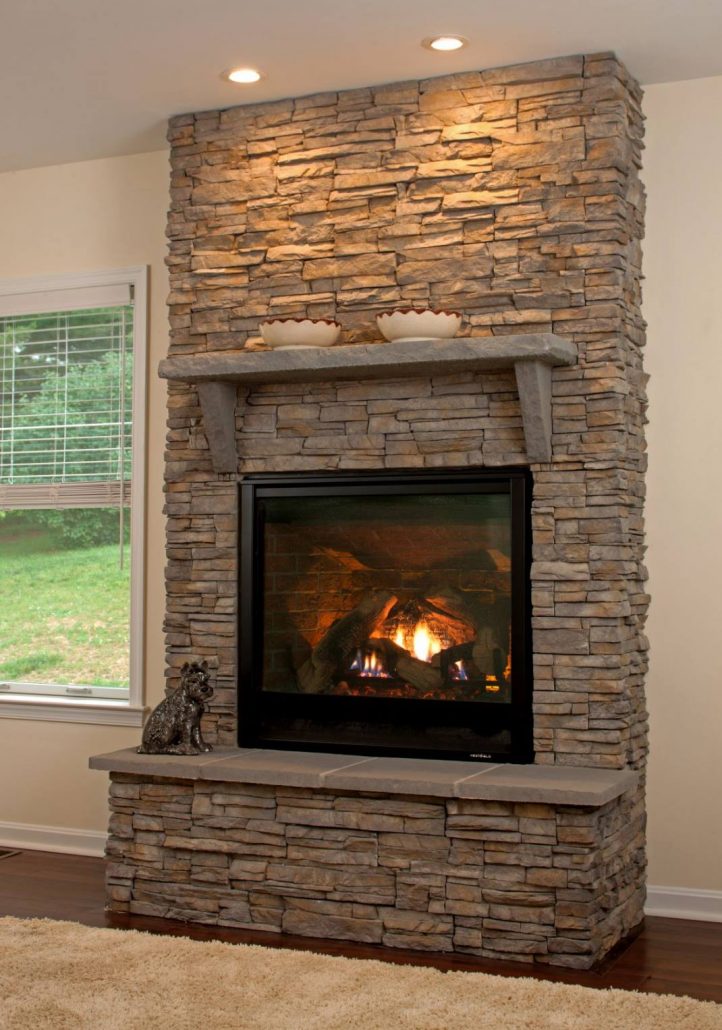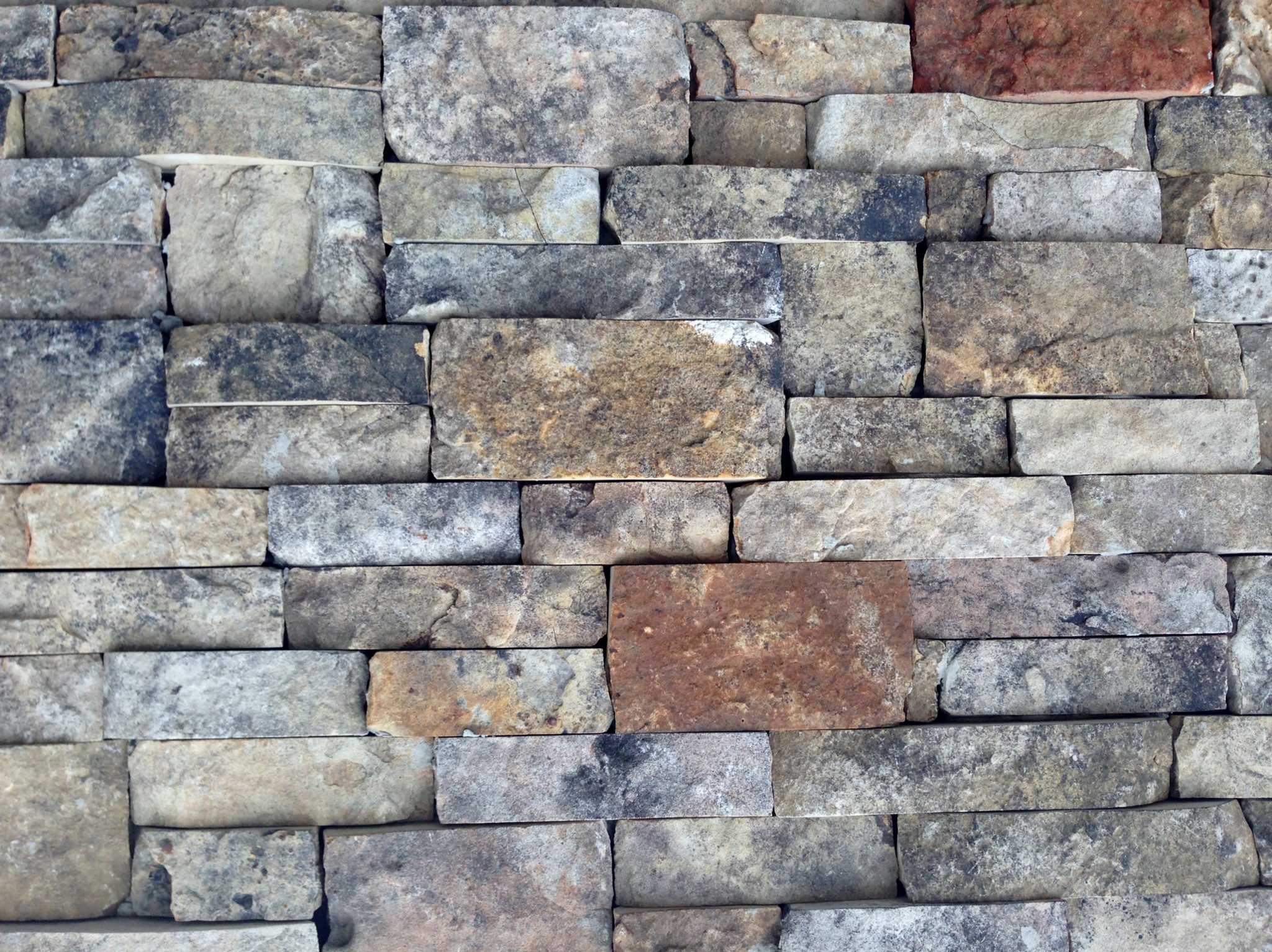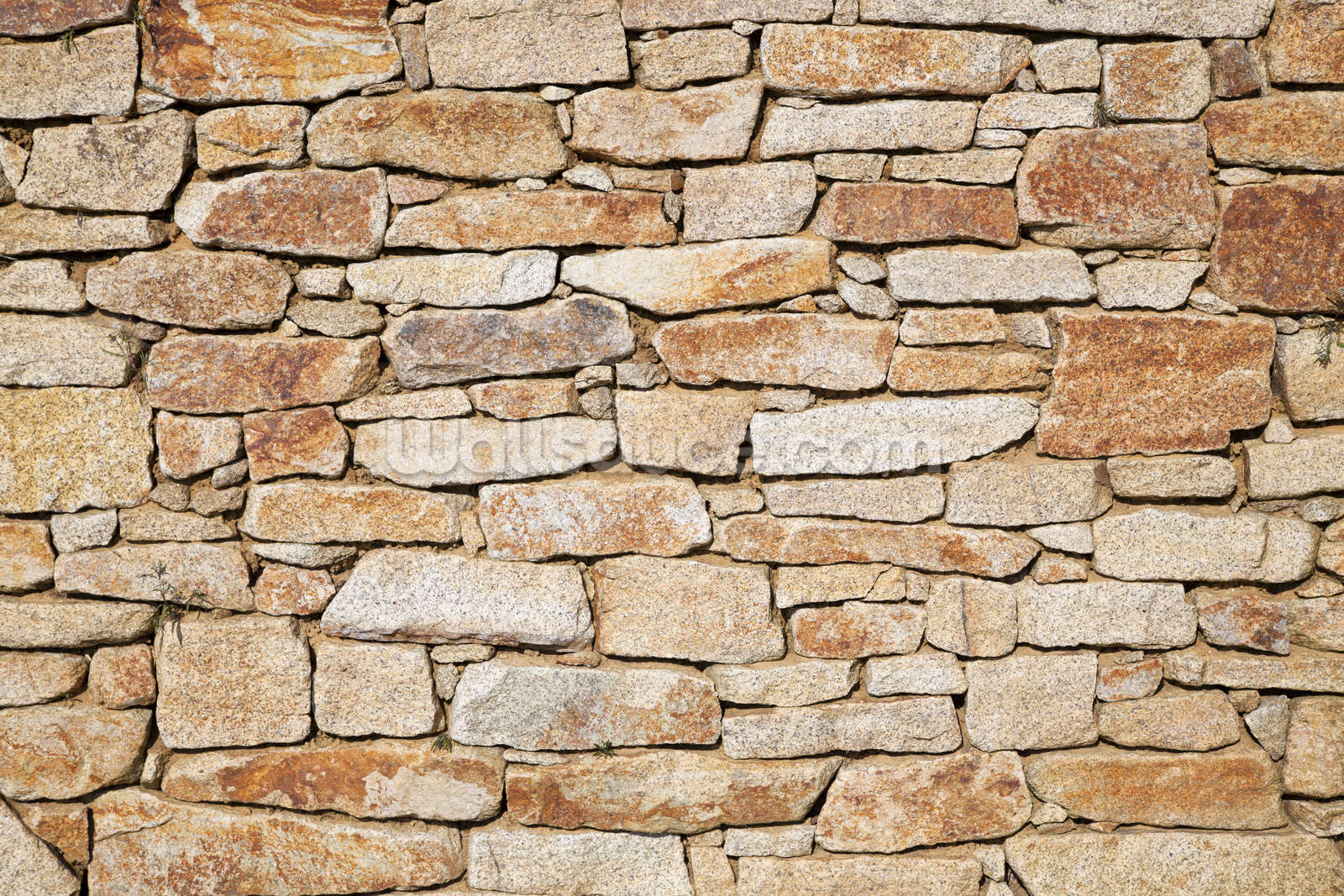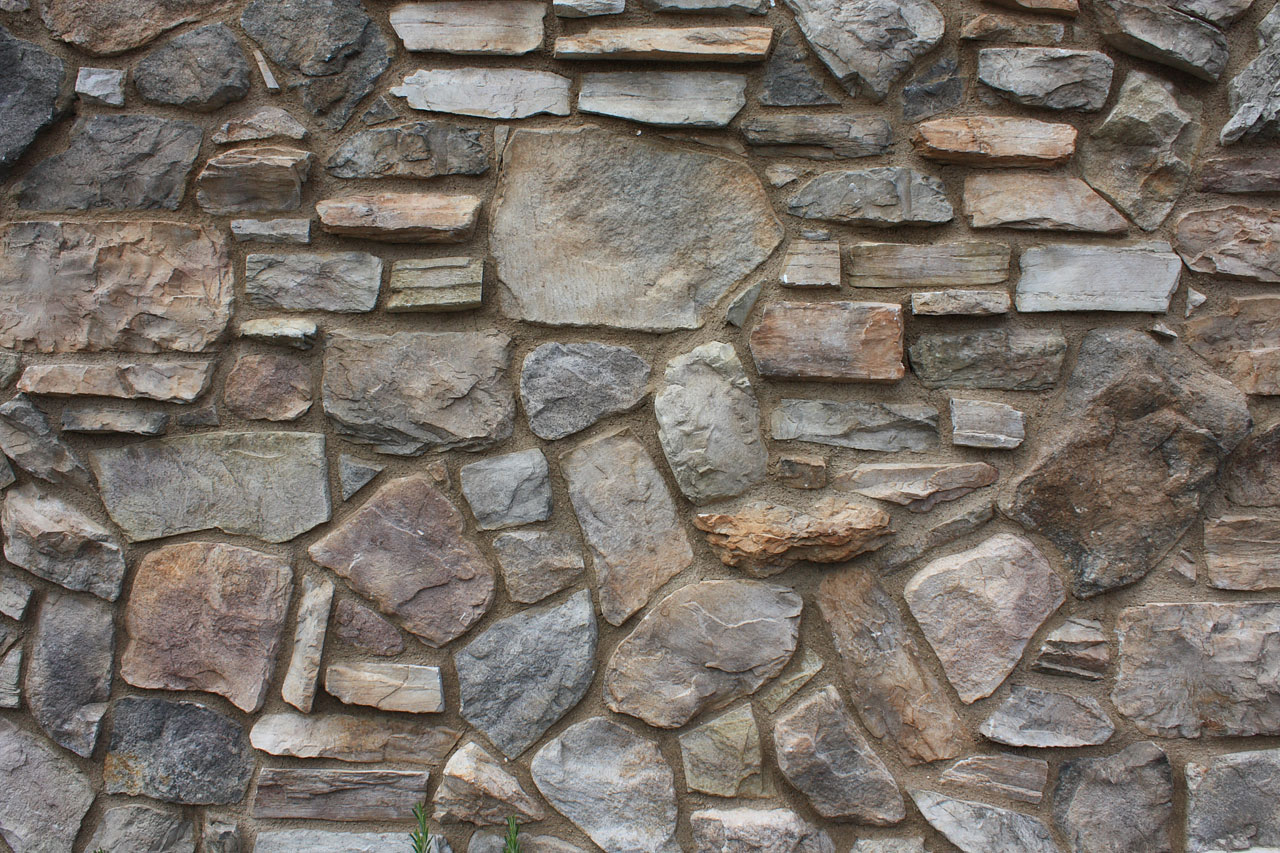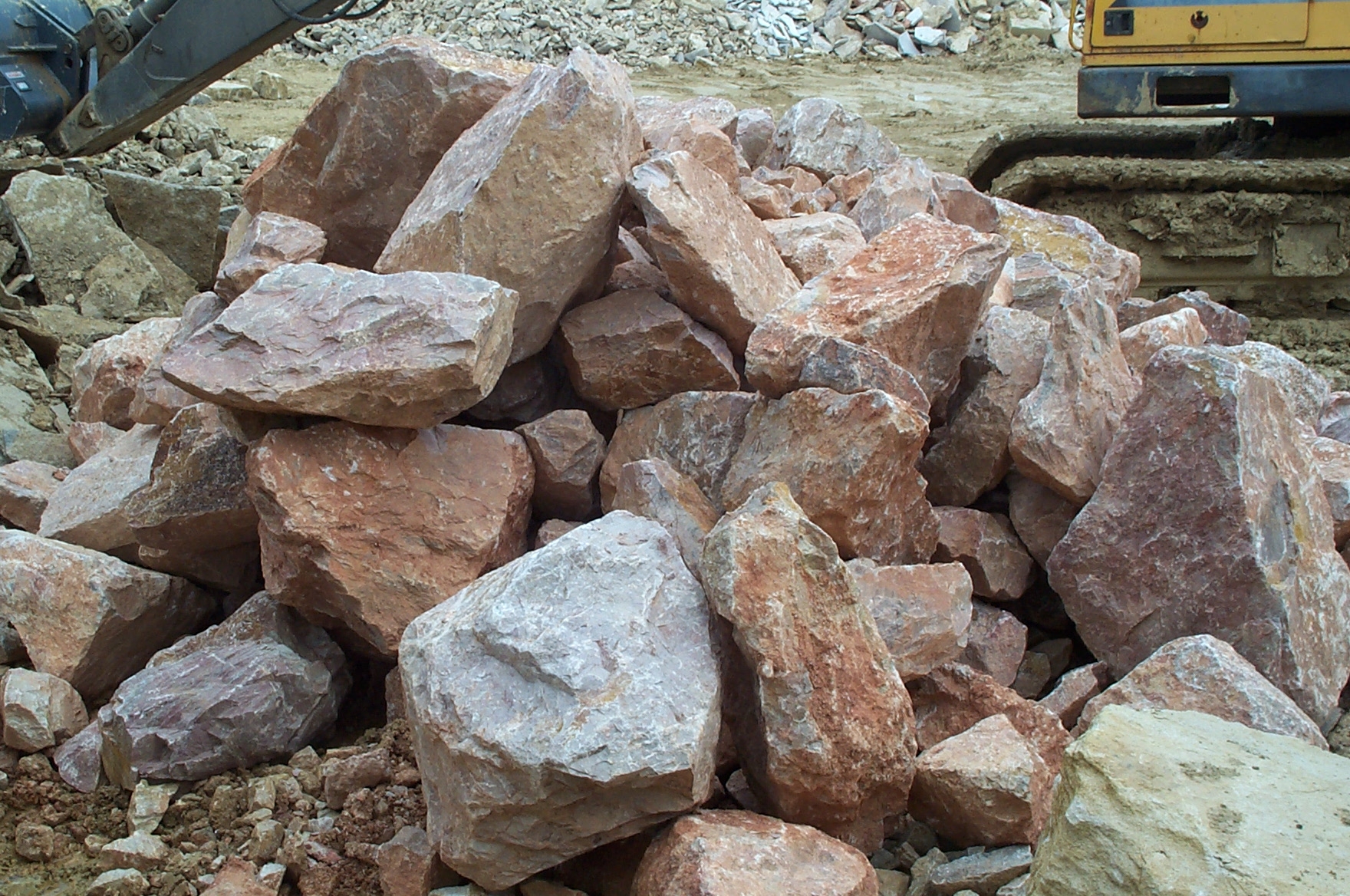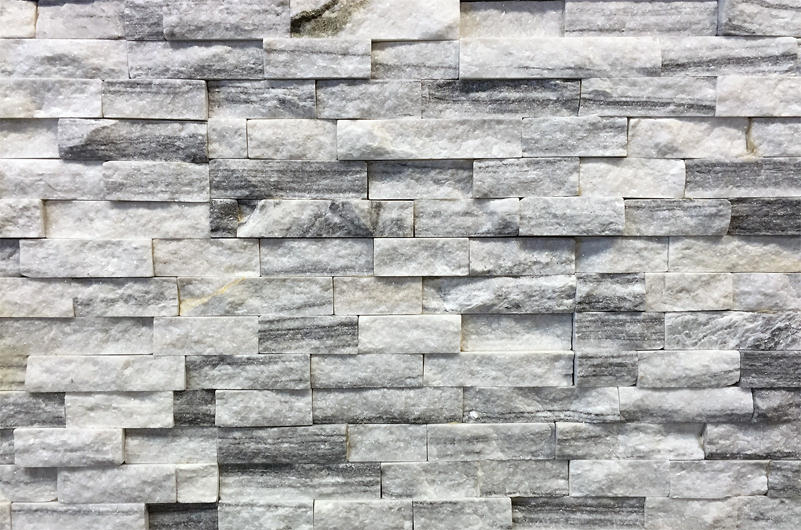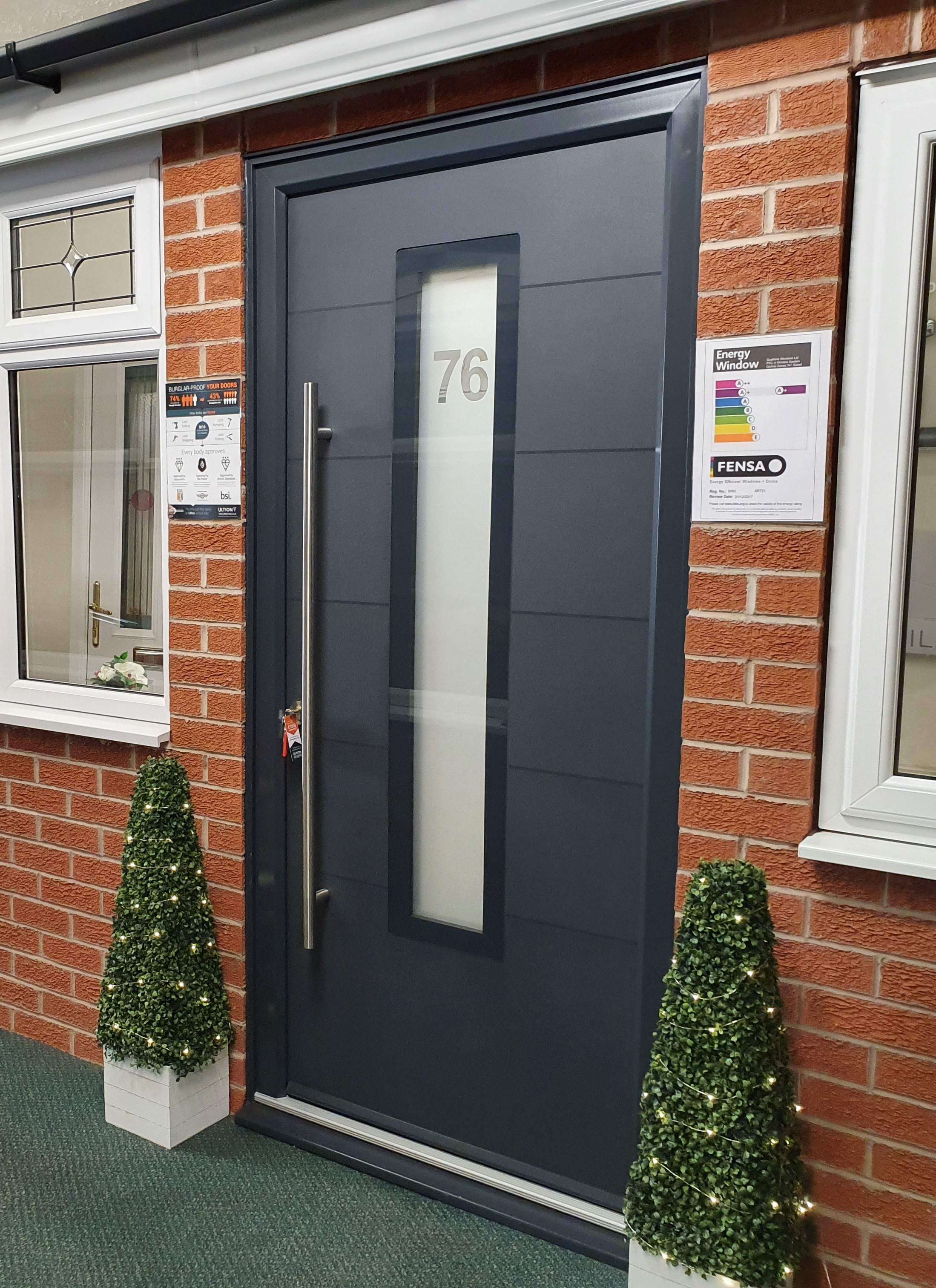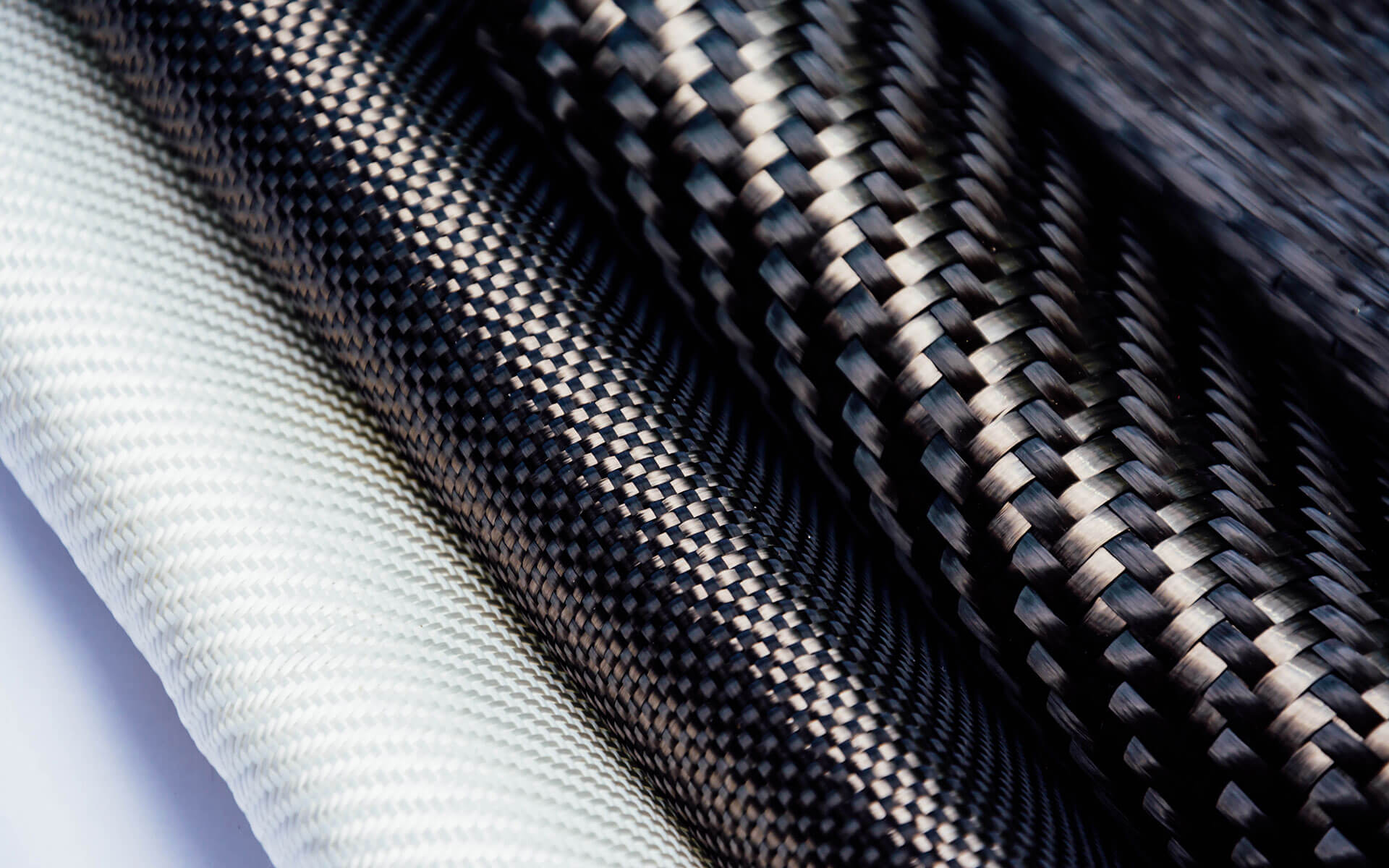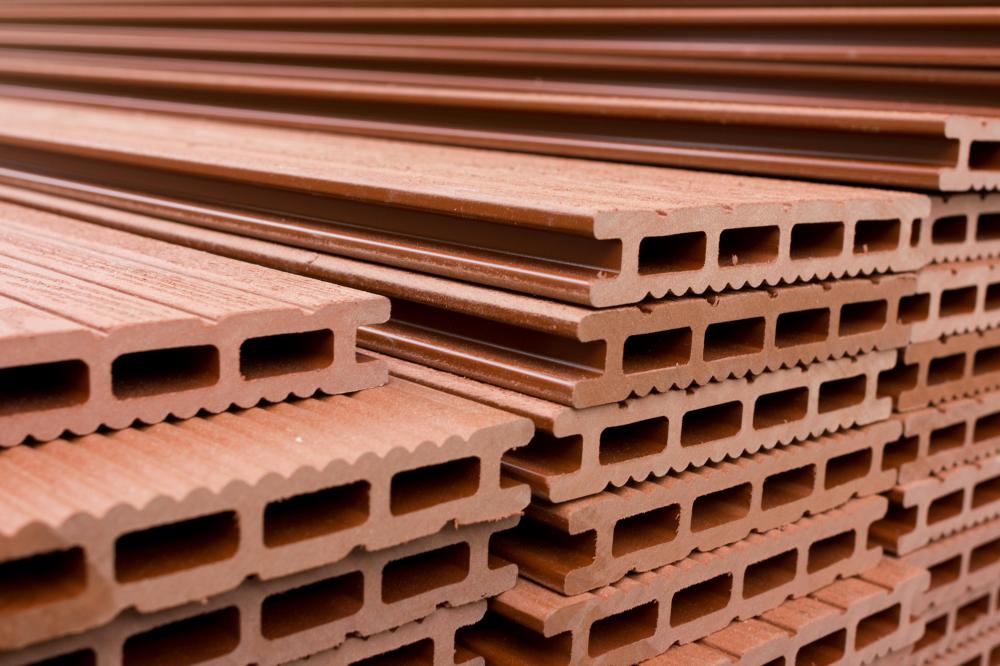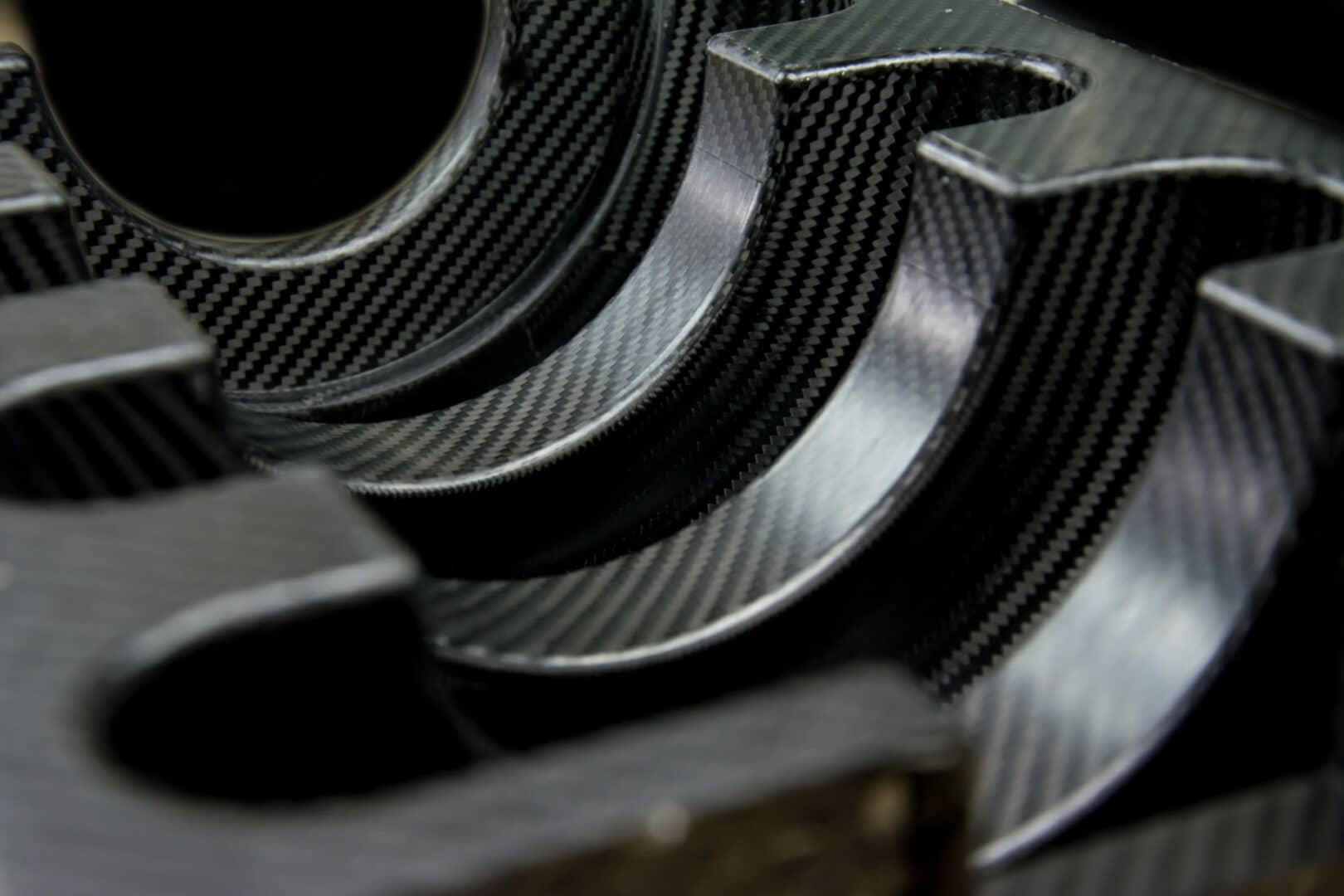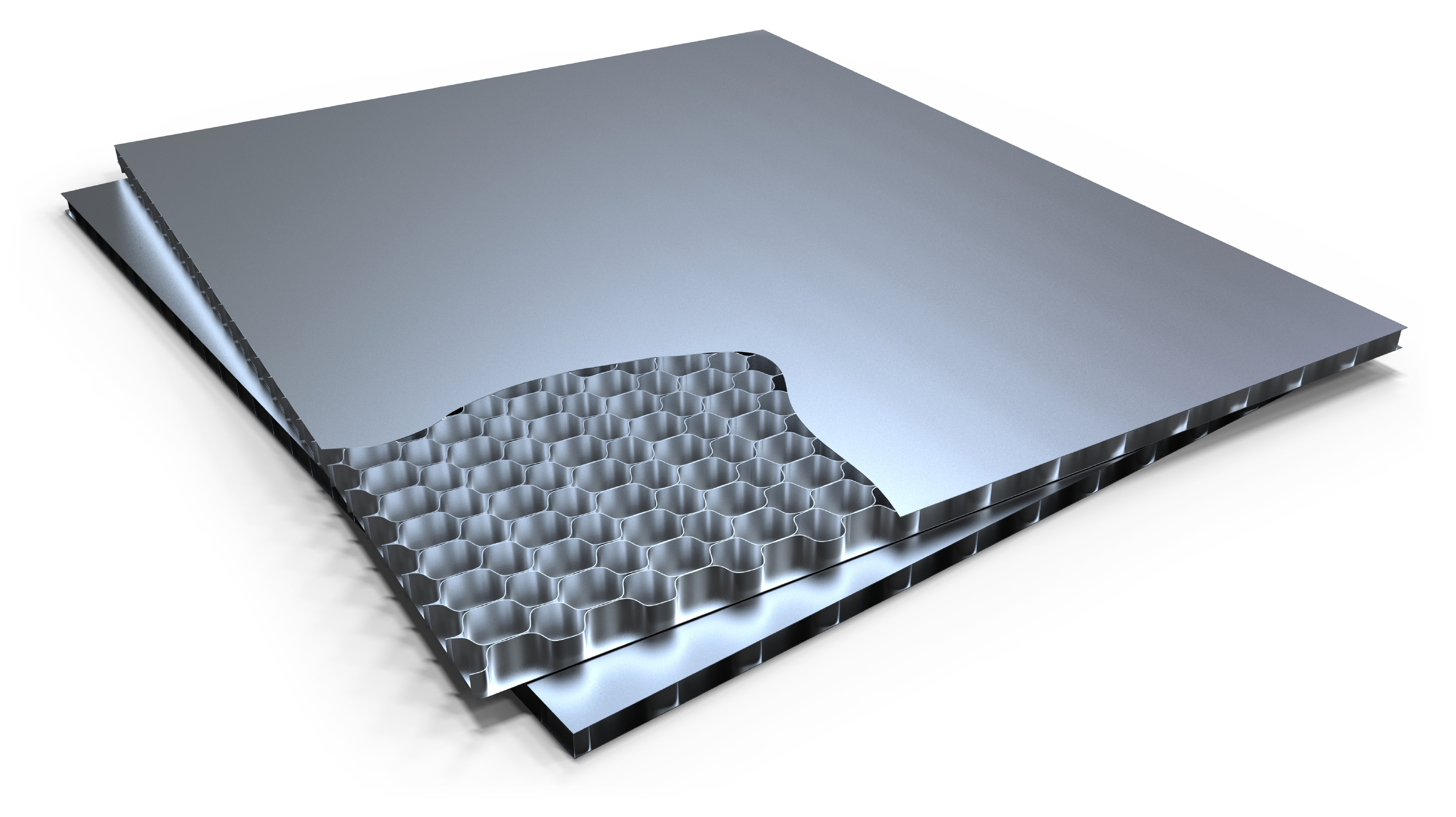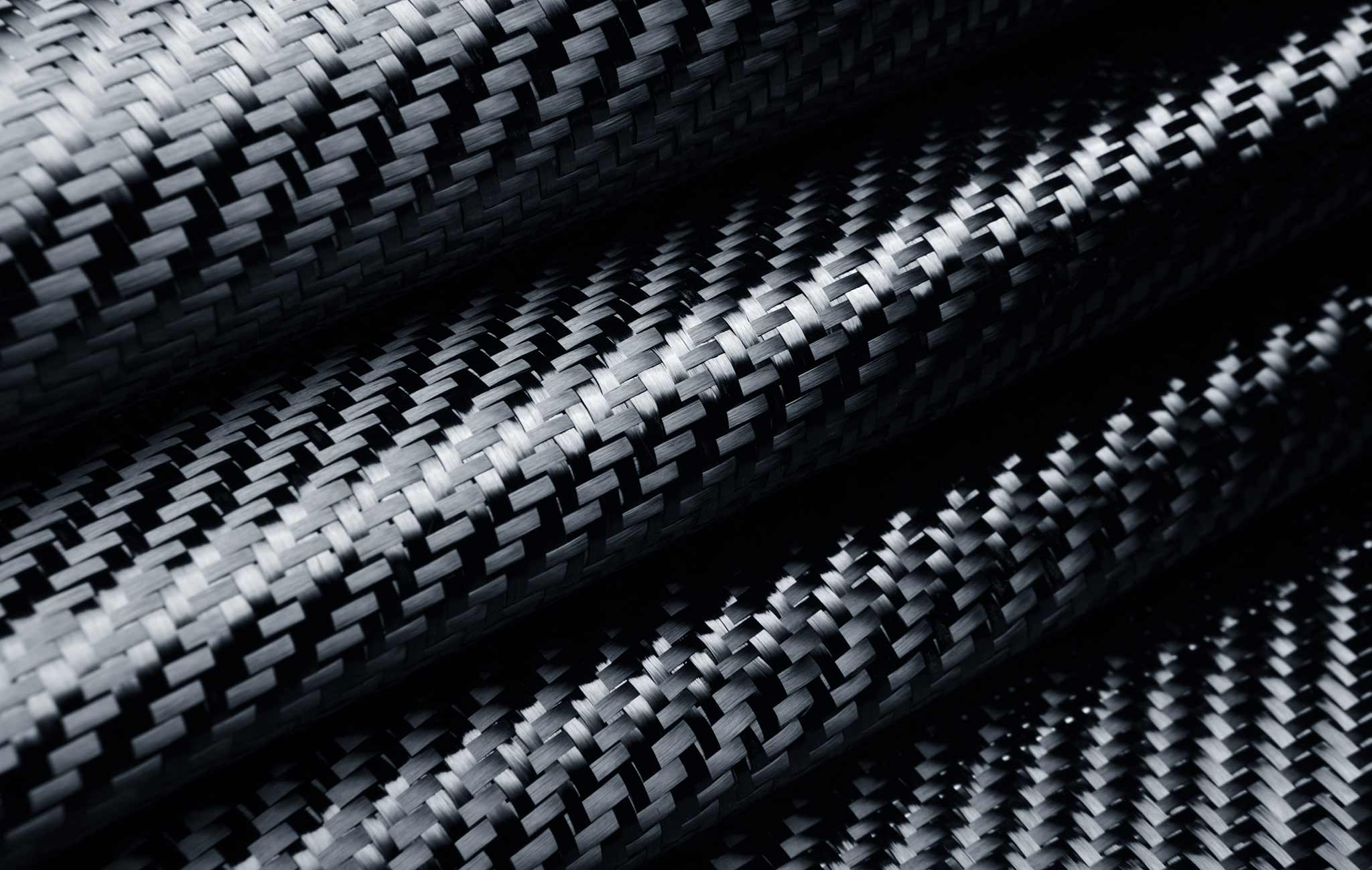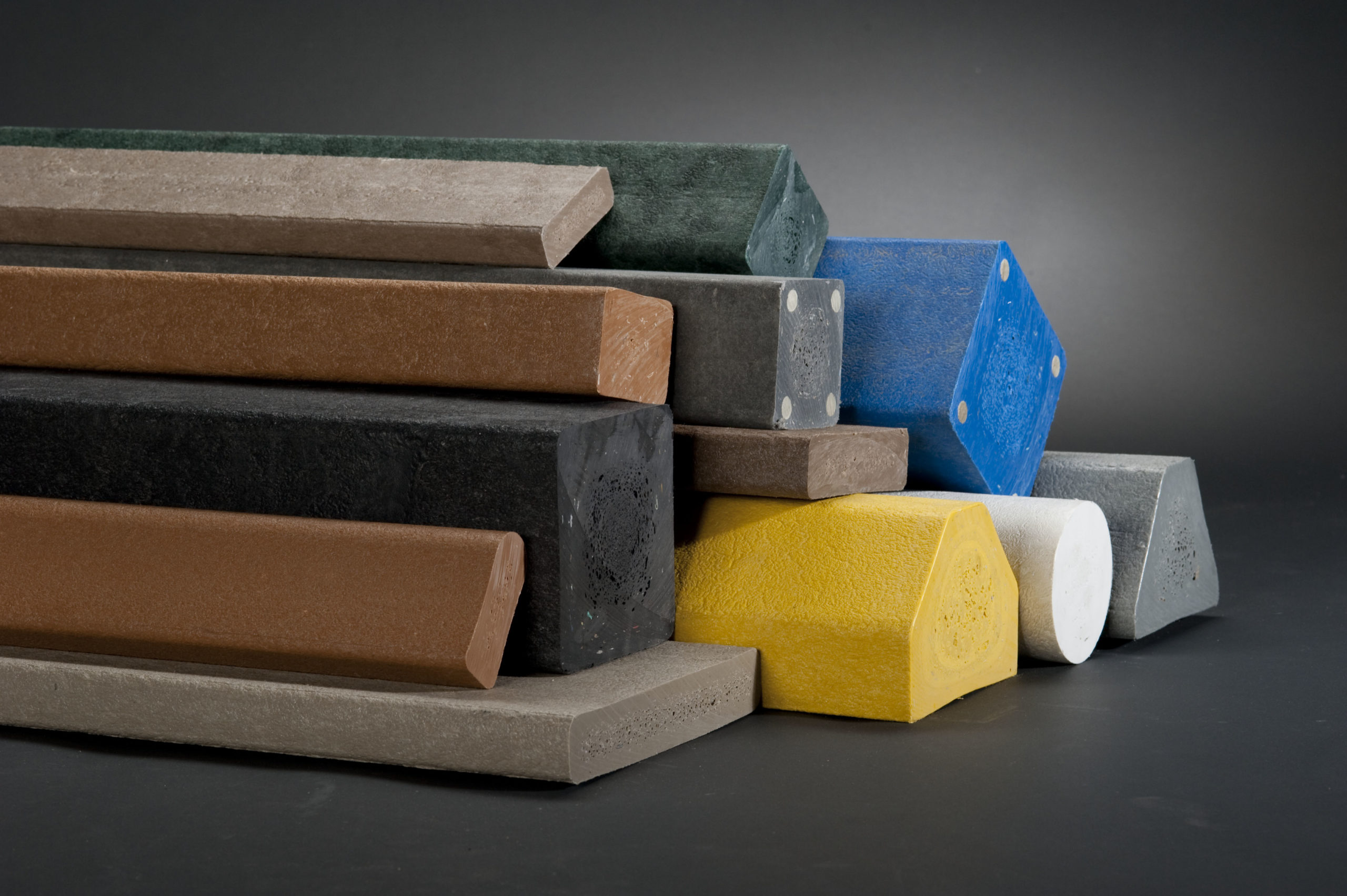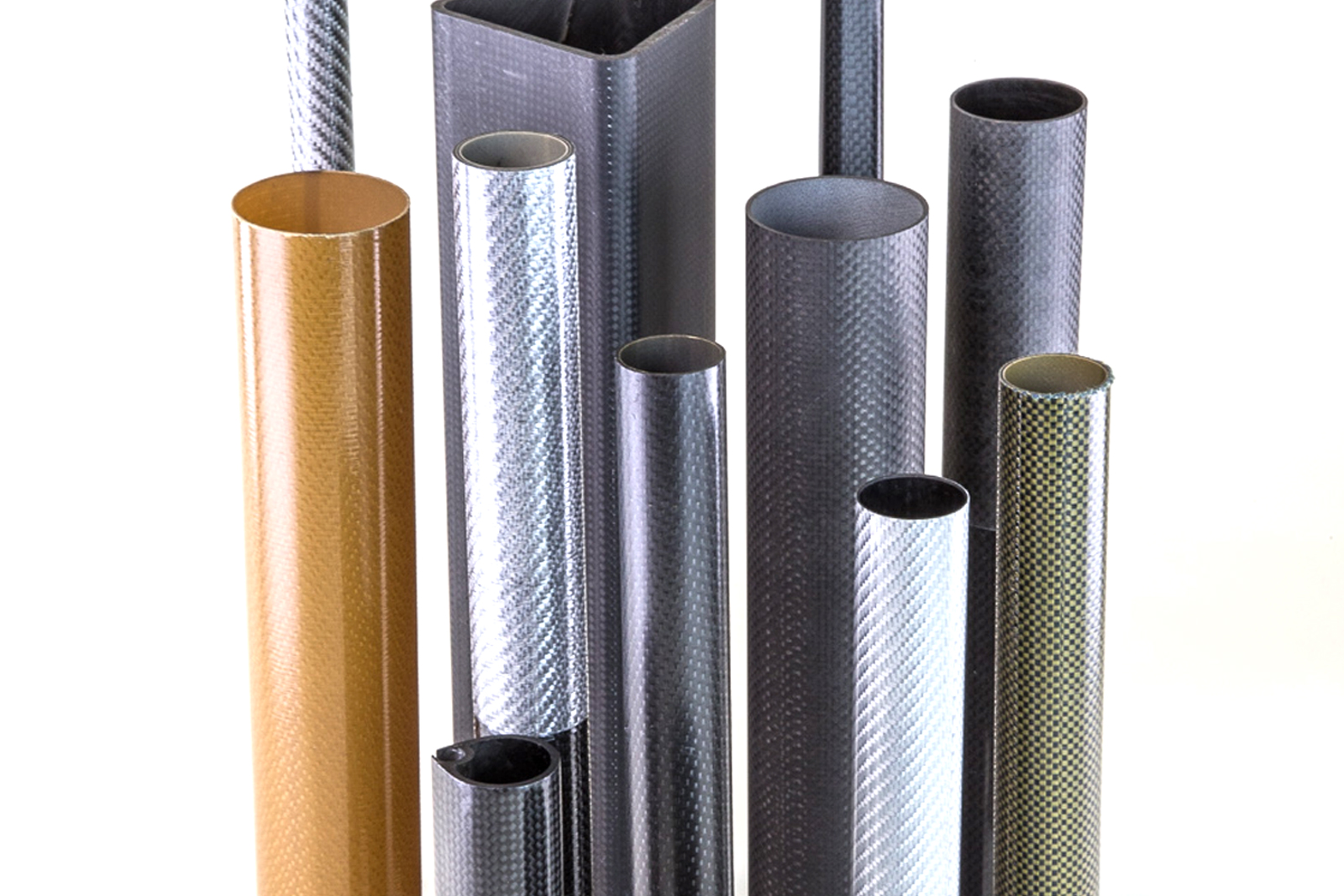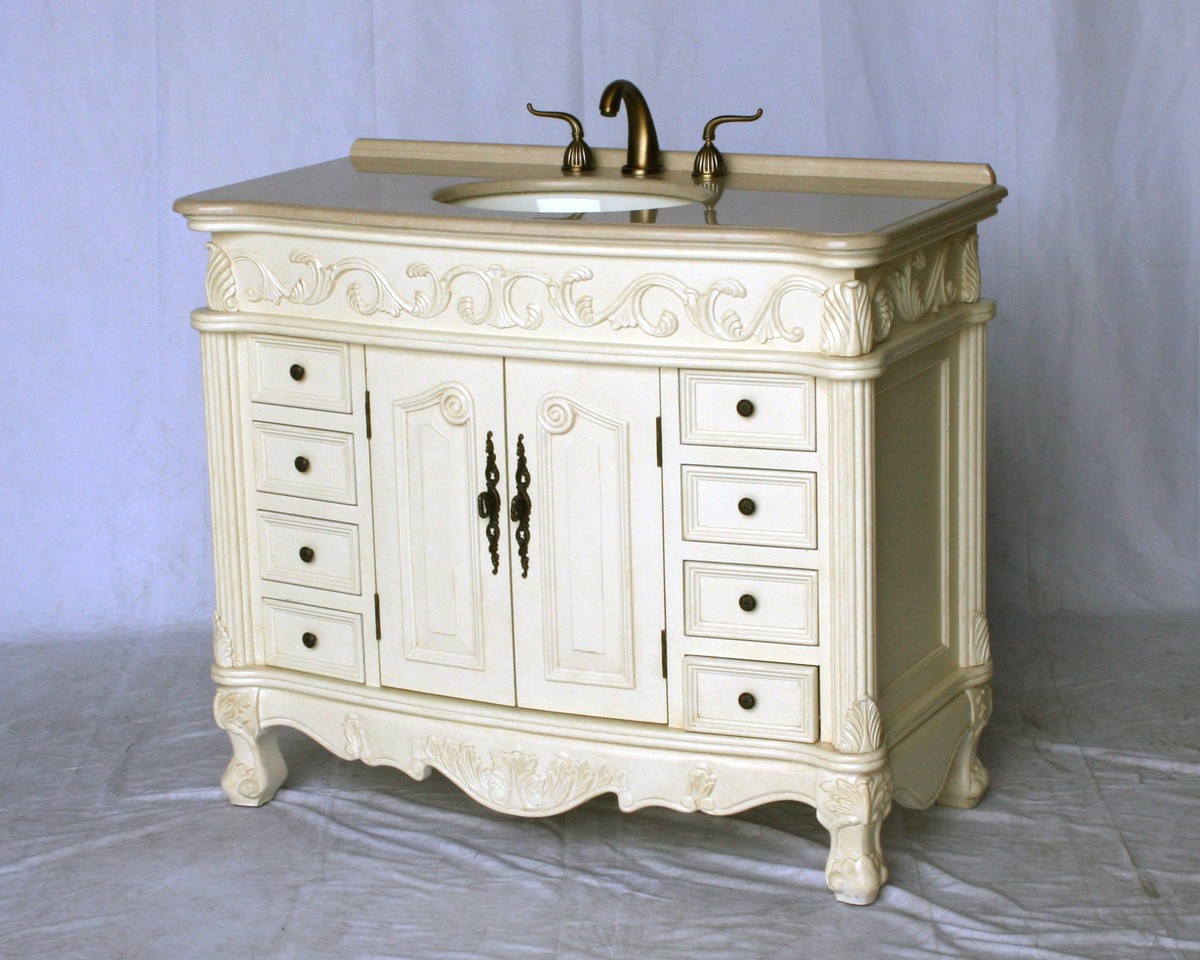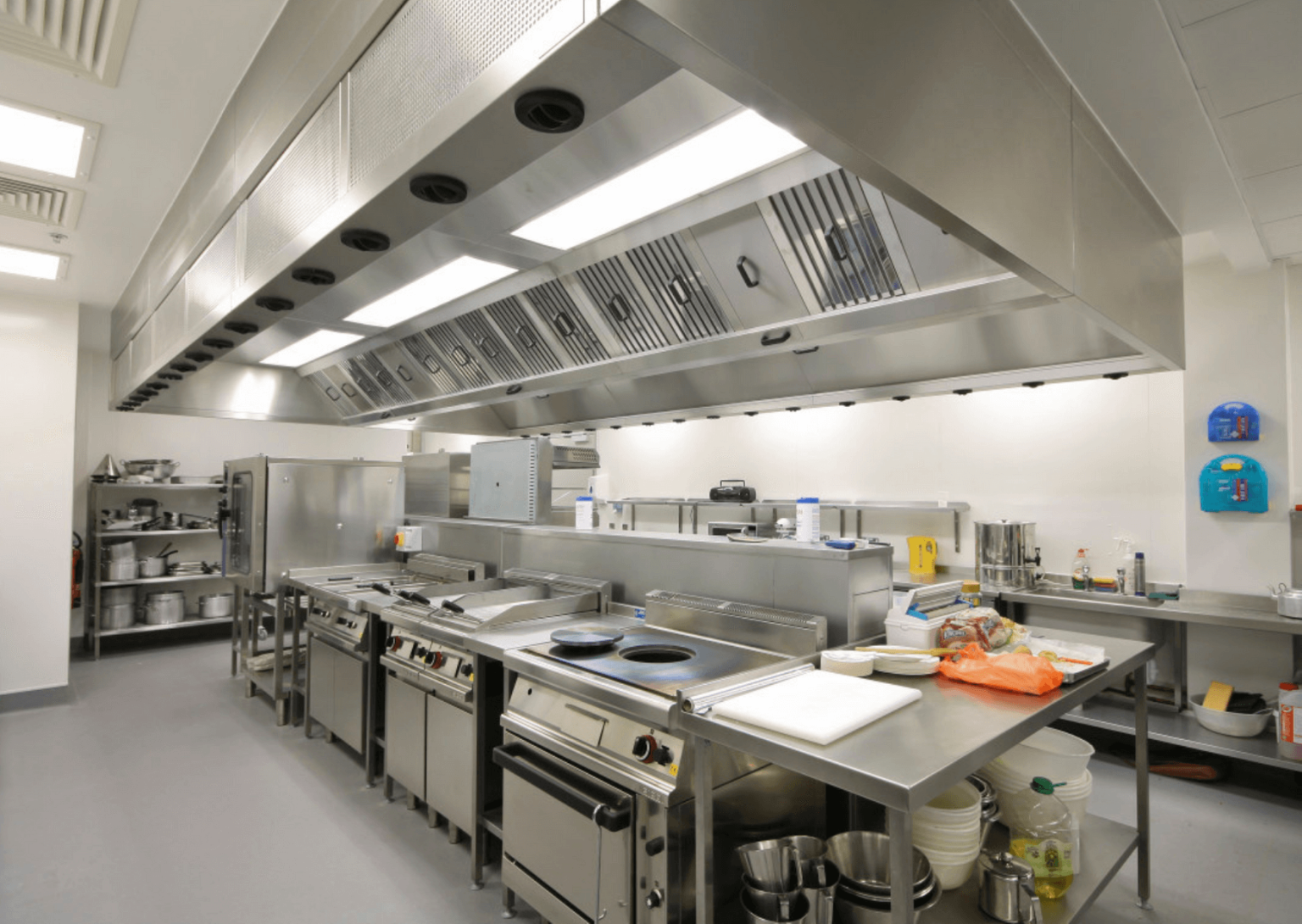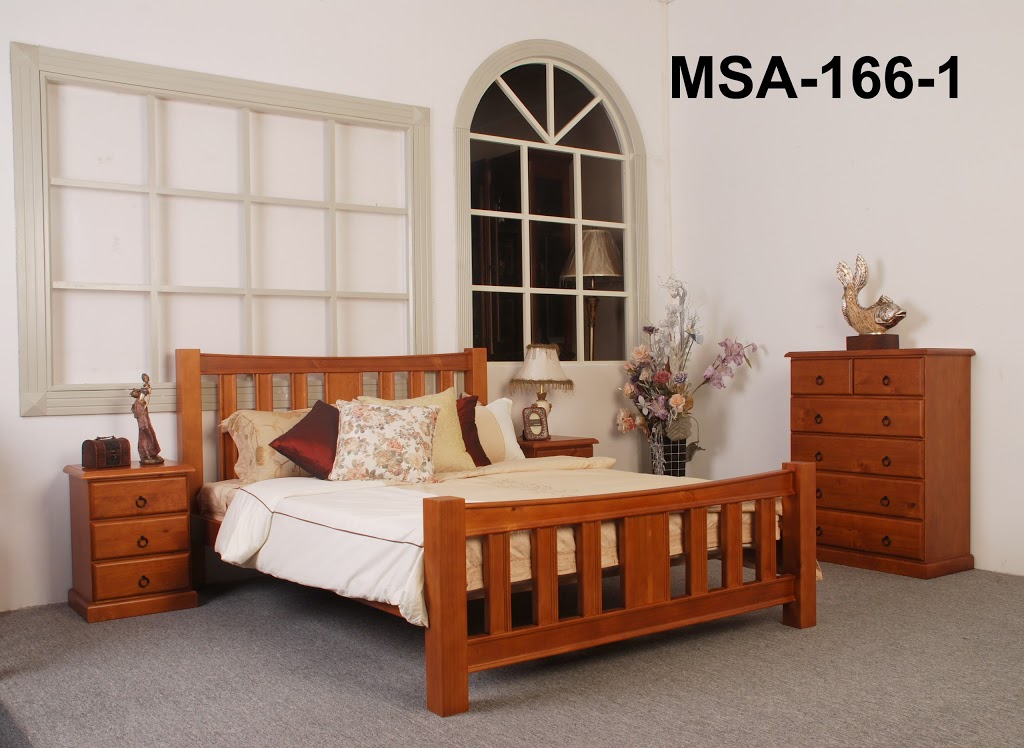Pros: Stain-resistant: Porcelain sinks are known for their resistance to stains, making them a popular choice for bathrooms. Durable: Porcelain is a strong and durable material, making it a long-lasting choice for a bathroom sink. Easy to clean: The smooth surface of porcelain makes it easy to clean and maintain. Wide range of styles: Porcelain sinks come in a variety of styles and colors, making it easy to find one that suits your bathroom's aesthetic. Cons: Can chip or crack: While porcelain is durable, it is not indestructible. It can chip or crack if something heavy is dropped on it. Can be noisy: The hard surface of porcelain can cause noise when items are dropped in the sink, which may be bothersome to some. Can be expensive: Porcelain sinks can be more expensive than other materials, especially if you opt for a high-end design.Porcelain
Pros: Luxurious look: Marble sinks add a touch of luxury and elegance to any bathroom. Durable: Marble is a strong and durable material, making it a long-lasting choice for a bathroom sink. Unique patterns: Each marble sink has its own unique patterns, making it a one-of-a-kind piece. Heat-resistant: Marble is a heat-resistant material, making it a great choice for a bathroom sink that will be exposed to hot water. Cons: Requires regular maintenance: Marble is a porous material and requires regular sealing to prevent stains and damage. Expensive: Marble sinks can be quite expensive, especially if you opt for a rare or high-quality type of marble. Not as durable as other materials: While marble is strong, it is not as durable as other materials and can be susceptible to scratches and chips.Marble
Pros: Easy to clean: Stainless steel is a non-porous material, making it easy to clean and maintain. Scratch-resistant: Stainless steel is a durable material that is resistant to scratches and dents. Affordable: Stainless steel sinks are often more affordable than other materials, making them a budget-friendly option. Modern look: Stainless steel sinks have a sleek and modern look, making them a popular choice for contemporary bathrooms. Cons: Noise: Stainless steel can be noisy, especially when items are dropped in the sink. Shows water spots: Stainless steel can show water spots and fingerprints, making it less visually appealing. Can dent: While stainless steel is durable, it can still dent if heavy objects are dropped on it.Stainless Steel
Pros: Durable: Ceramic is a strong and durable material, making it a long-lasting choice for a bathroom sink. Easy to clean: The smooth surface of ceramic makes it easy to clean and maintain. Affordable: Ceramic sinks are often more affordable than other materials, making them a budget-friendly option. Wide range of styles: Ceramic sinks come in a variety of styles and colors, making it easy to find one that suits your bathroom's aesthetic. Cons: Can chip or crack: While ceramic is durable, it is not indestructible. It can chip or crack if something heavy is dropped on it. Shows water spots: Ceramic can show water spots and stains, making it less visually appealing. Not as heat-resistant: Ceramic is not as heat-resistant as other materials, making it more susceptible to damage from hot objects.Ceramic
Pros: Durable: Granite is a strong and durable material, making it a long-lasting choice for a bathroom sink. Unique patterns: Each granite sink has its own unique patterns, making it a one-of-a-kind piece. Heat-resistant: Granite is a heat-resistant material, making it a great choice for a bathroom sink that will be exposed to hot water. Scratch-resistant: Granite is a durable material that is resistant to scratches and dents. Cons: Requires regular maintenance: Granite is a porous material and requires regular sealing to prevent stains and damage. Expensive: Granite sinks can be quite expensive, especially if you opt for a rare or high-quality type of granite. Heavy: Granite sinks can be heavy and may require extra support during installation.Granite
Pros: Durable: Cast iron is a strong and durable material, making it a long-lasting choice for a bathroom sink. Wide range of styles: Cast iron sinks come in a variety of styles and colors, making it easy to find one that suits your bathroom's aesthetic. Heat-resistant: Cast iron is a heat-resistant material, making it a great choice for a bathroom sink that will be exposed to hot water. Scratch-resistant: Cast iron is a durable material that is resistant to scratches and dents. Cons: Heavy: Cast iron sinks can be heavy and may require extra support during installation. Requires regular maintenance: Cast iron sinks require regular sealing to prevent rust and damage. Expensive: Cast iron sinks can be more expensive than other materials, especially if you opt for a high-end design.Cast Iron
Pros: Sleek and modern look: Glass sinks have a sleek and modern look, making them a popular choice for contemporary bathrooms. Easy to clean: The smooth surface of glass makes it easy to clean and maintain. Can be customized: Glass sinks can be customized with different colors and patterns, making them a unique addition to any bathroom. Stain-resistant: Glass is a non-porous material, making it resistant to stains and bacteria. Cons: Can break: Glass sinks can break if something heavy is dropped on them, and they may not be as durable as other materials. Shows water spots: Glass can show water spots and fingerprints, making it less visually appealing. Requires careful cleaning: Glass sinks require gentle cleaning to avoid scratching or damaging the surface.Glass
Pros: Seamless design: Solid surface sinks are made from a single piece of material, creating a seamless and modern look. Durable: Solid surface is a strong and durable material, making it a long-lasting choice for a bathroom sink. Easy to clean: The smooth surface of solid surface makes it easy to clean and maintain. Non-porous: Solid surface is a non-porous material, making it resistant to stains and bacteria. Cons: Can be expensive: Solid surface sinks can be more expensive than other materials, especially if you opt for a high-end design. Can scratch: While solid surface is durable, it can still scratch if sharp objects are used on it. Not heat-resistant: Solid surface is not as heat-resistant as other materials, making it more susceptible to damage from hot objects.Solid Surface
Pros: Unique patterns: Each natural stone sink has its own unique patterns, making it a one-of-a-kind piece. Durable: Natural stone is a strong and durable material, making it a long-lasting choice for a bathroom sink. Heat-resistant: Natural stone is a heat-resistant material, making it a great choice for a bathroom sink that will be exposed to hot water. Scratch-resistant: Natural stone is a durable material that is resistant to scratches and dents. Cons: Requires regular maintenance: Natural stone is a porous material and requires regular sealing to prevent stains and damage. Expensive: Natural stone sinks can be quite expensive, especially if you opt for a rare or high-quality type of stone. Heavy: Natural stone sinks can be heavy and may require extra support during installation.Natural Stone
Pros: Wide range of styles: Composite sinks come in a variety of styles and colors, making it easy to find one that suits your bathroom's aesthetic. Durable: Composite is a strong and durable material, making it a long-lasting choice for a bathroom sink. Heat-resistant: Composite is a heat-resistant material, making it a great choice for a bathroom sink that will be exposed to hot water. Stain-resistant: Composite is a non-porous material, making it resistant to stains and bacteria. Cons: Can be expensive: Composite sinks can be more expensive than other materials, especially if you opt for a high-end design. Can scratch: While composite is durable, it can still scratch if sharp objects are used on it. Not as heavy-duty as other materials: Composite may not be as durable as other materials and can be more susceptible to damage from heavy use.Composite
The Pros and Cons of Different Bathroom Sink Materials
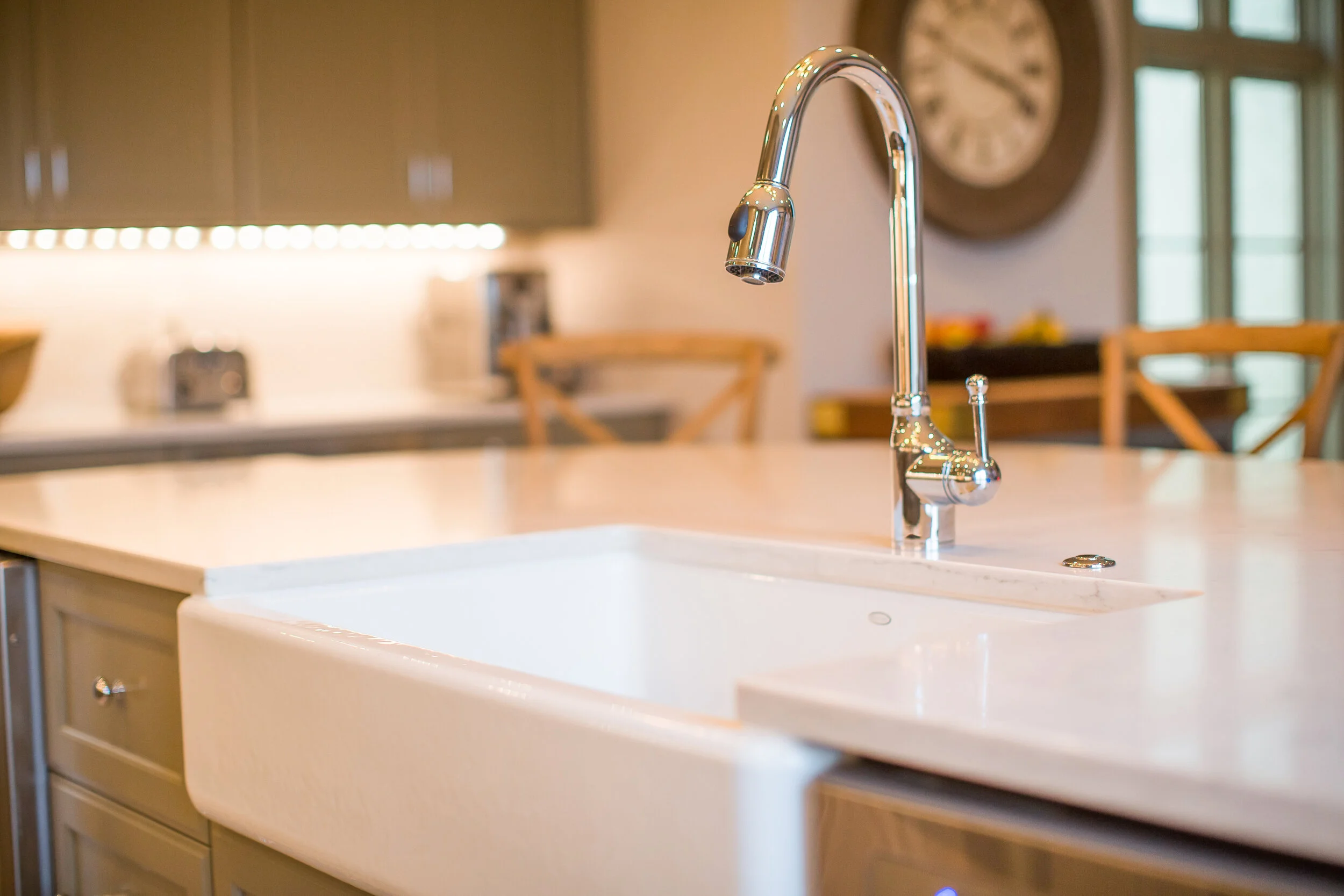
Granite Sinks
 Granite sinks are a popular choice among homeowners due to their durability and natural beauty. They are made from a solid piece of granite, making them resistant to scratches, stains, and heat. The variety of colors and patterns available in granite also makes it easy to find one that matches your bathroom's aesthetic. However, granite sinks can be quite heavy and may require additional support during installation. They also tend to be more expensive compared to other sink materials.
Granite sinks are a popular choice among homeowners due to their durability and natural beauty. They are made from a solid piece of granite, making them resistant to scratches, stains, and heat. The variety of colors and patterns available in granite also makes it easy to find one that matches your bathroom's aesthetic. However, granite sinks can be quite heavy and may require additional support during installation. They also tend to be more expensive compared to other sink materials.
Porcelain Sinks
 Porcelain sinks are a classic and timeless option for bathrooms. They are made from a combination of clay and glaze, giving them a smooth and glossy finish. Porcelain sinks are also easy to clean and maintain, making them a practical choice for busy households. However, they are prone to chipping and cracking if heavy objects are dropped on them. They can also be quite noisy when water is running, which may be an issue for some.
Porcelain sinks are a classic and timeless option for bathrooms. They are made from a combination of clay and glaze, giving them a smooth and glossy finish. Porcelain sinks are also easy to clean and maintain, making them a practical choice for busy households. However, they are prone to chipping and cracking if heavy objects are dropped on them. They can also be quite noisy when water is running, which may be an issue for some.
Stainless Steel Sinks
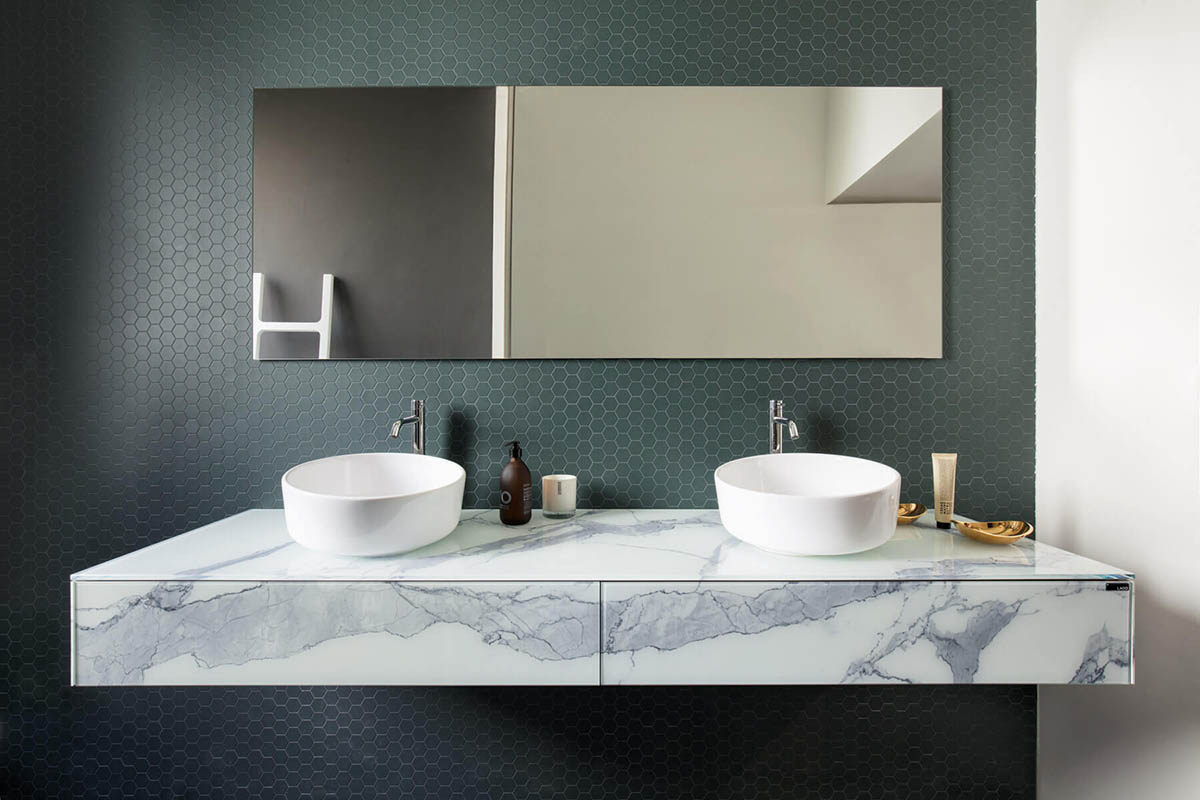 Stainless steel sinks are a popular choice for their affordability and durability. They are resistant to stains, scratches, and rust, making them a practical option for bathrooms. They also come in a variety of finishes, from shiny to matte, to match different design preferences. However, stainless steel sinks can be quite loud when water is running, and they may show water spots and fingerprints if not wiped down regularly.
Stainless steel sinks are a popular choice for their affordability and durability. They are resistant to stains, scratches, and rust, making them a practical option for bathrooms. They also come in a variety of finishes, from shiny to matte, to match different design preferences. However, stainless steel sinks can be quite loud when water is running, and they may show water spots and fingerprints if not wiped down regularly.
Marble Sinks
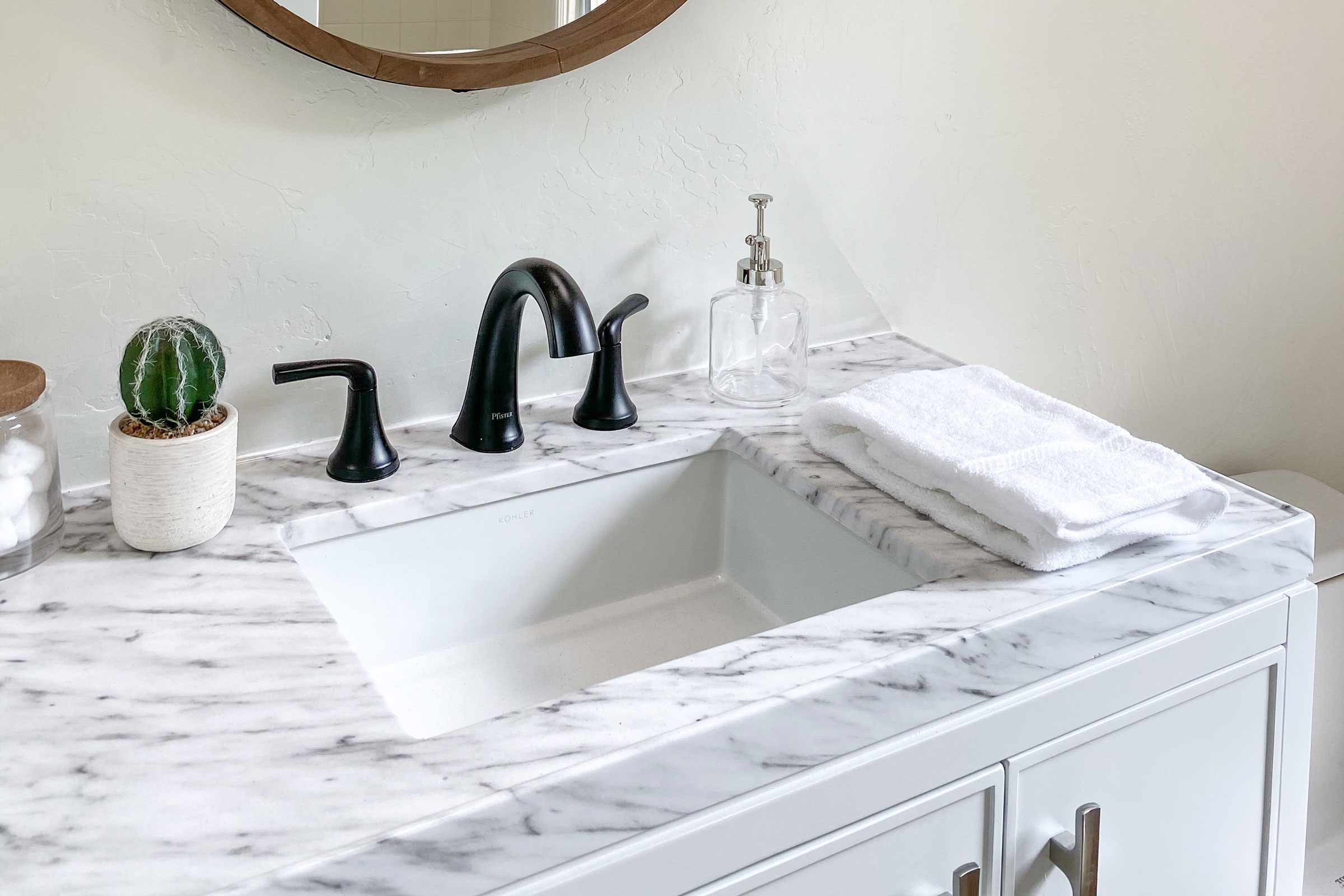 Marble sinks exude elegance and luxury, making them a sought-after choice for high-end bathroom designs. They are made from a solid piece of marble, giving them a unique and beautiful veining pattern. However, marble sinks can be quite expensive and require regular maintenance to prevent staining and etching. They are also more delicate compared to other sink materials and may require extra care to avoid scratches and chips.
Marble sinks exude elegance and luxury, making them a sought-after choice for high-end bathroom designs. They are made from a solid piece of marble, giving them a unique and beautiful veining pattern. However, marble sinks can be quite expensive and require regular maintenance to prevent staining and etching. They are also more delicate compared to other sink materials and may require extra care to avoid scratches and chips.
Ceramic Sinks
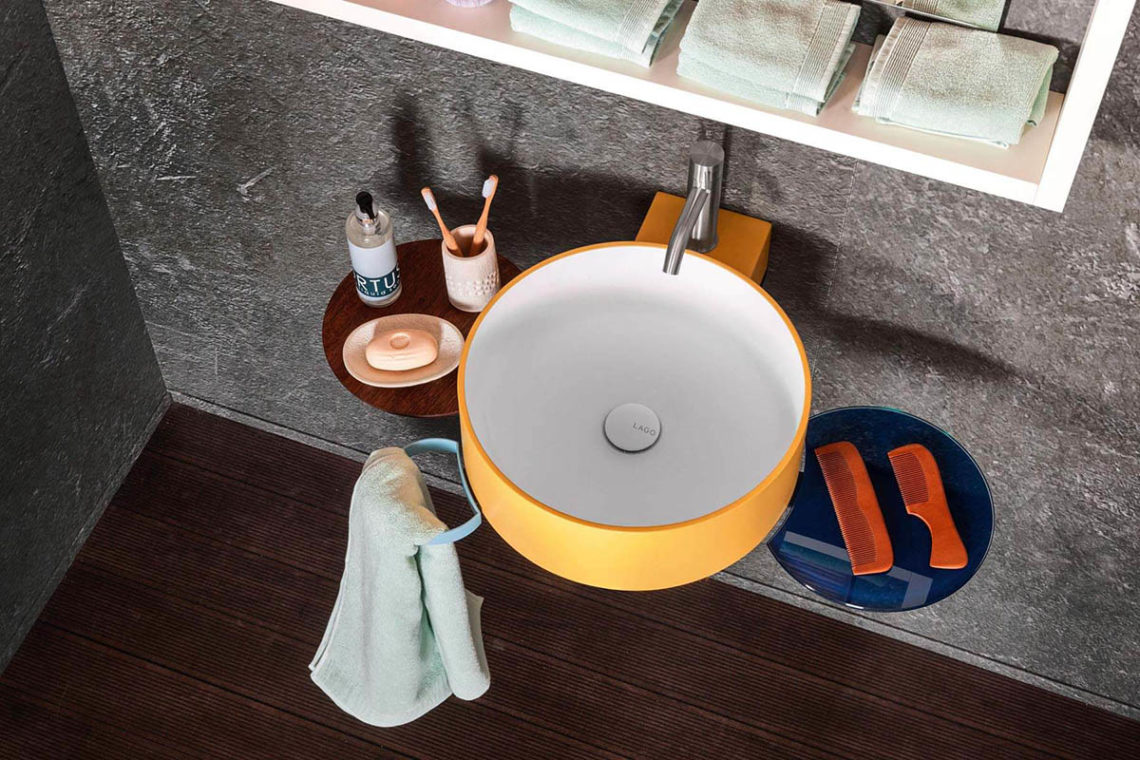 Ceramic sinks are a versatile option that comes in a variety of shapes, sizes, and colors. They are made from a mixture of clay and other minerals and are fired at high temperatures to create a durable and non-porous surface. Ceramic sinks are also resistant to scratches and stains and are easy to clean and maintain. However, they can be prone to cracking if exposed to extreme temperatures, and the glaze may wear off over time.
In summary, each bathroom sink material has its own set of pros and cons. Consider your budget, design preferences, and lifestyle before making a decision. It's also essential to properly maintain and care for your sink, regardless of the material, to ensure its longevity. With the right sink material, your bathroom can not only be functional but also a beautiful and inviting space in your home.
Ceramic sinks are a versatile option that comes in a variety of shapes, sizes, and colors. They are made from a mixture of clay and other minerals and are fired at high temperatures to create a durable and non-porous surface. Ceramic sinks are also resistant to scratches and stains and are easy to clean and maintain. However, they can be prone to cracking if exposed to extreme temperatures, and the glaze may wear off over time.
In summary, each bathroom sink material has its own set of pros and cons. Consider your budget, design preferences, and lifestyle before making a decision. It's also essential to properly maintain and care for your sink, regardless of the material, to ensure its longevity. With the right sink material, your bathroom can not only be functional but also a beautiful and inviting space in your home.
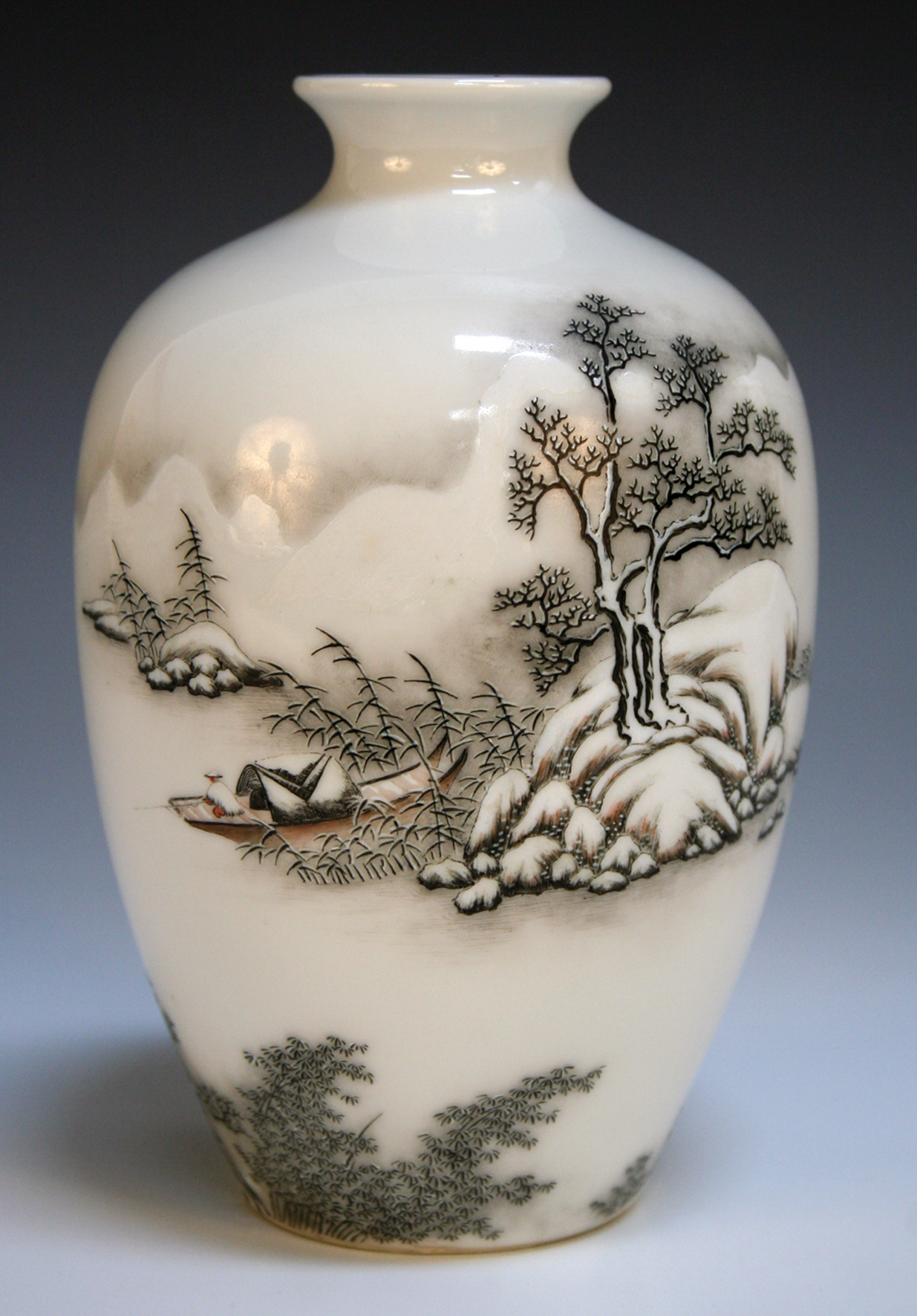

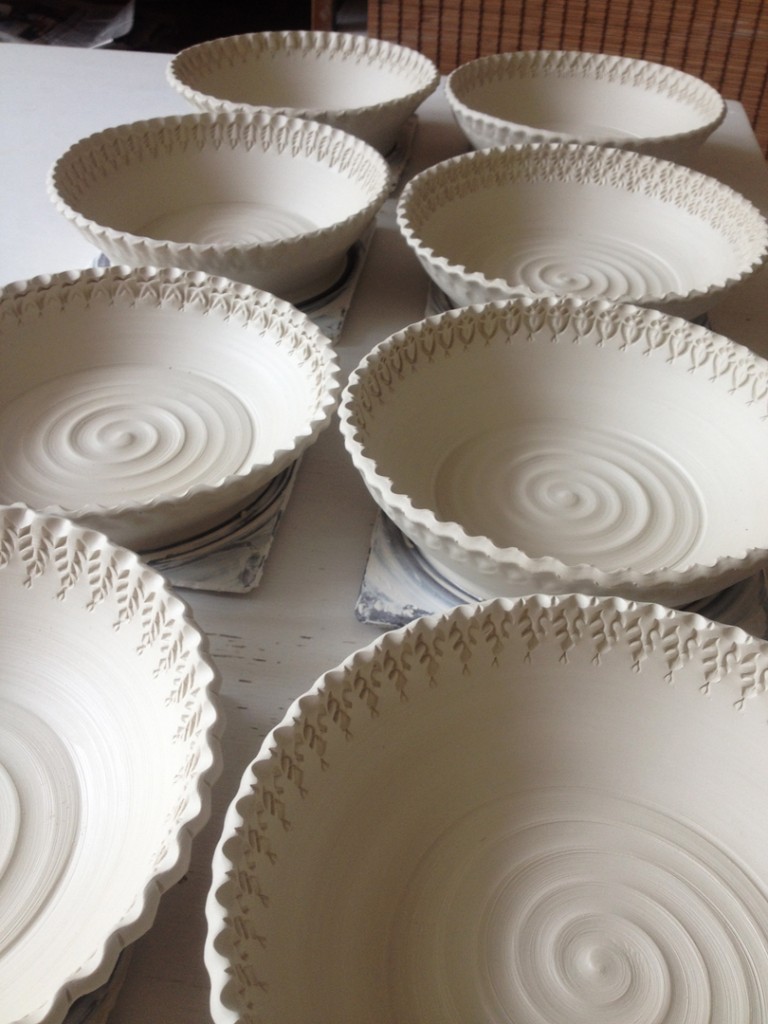





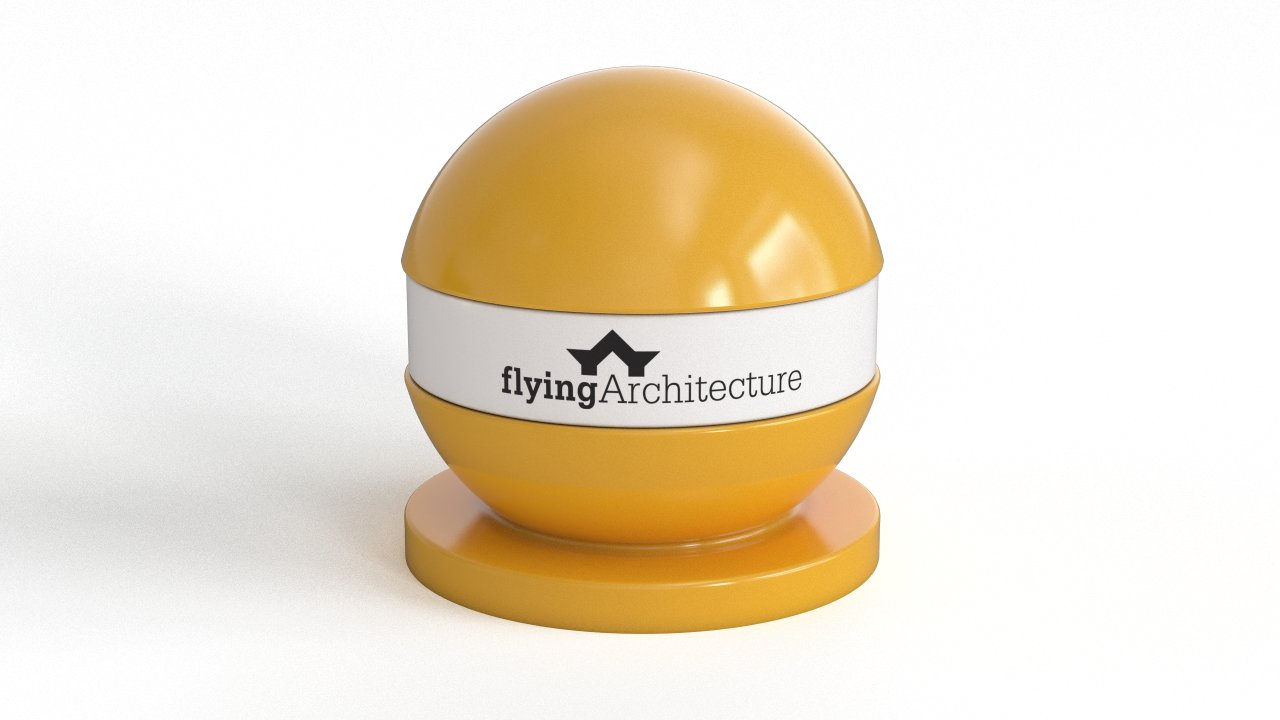

/WetPorcelainTile-5acfa0213037130037cecba0.jpg)



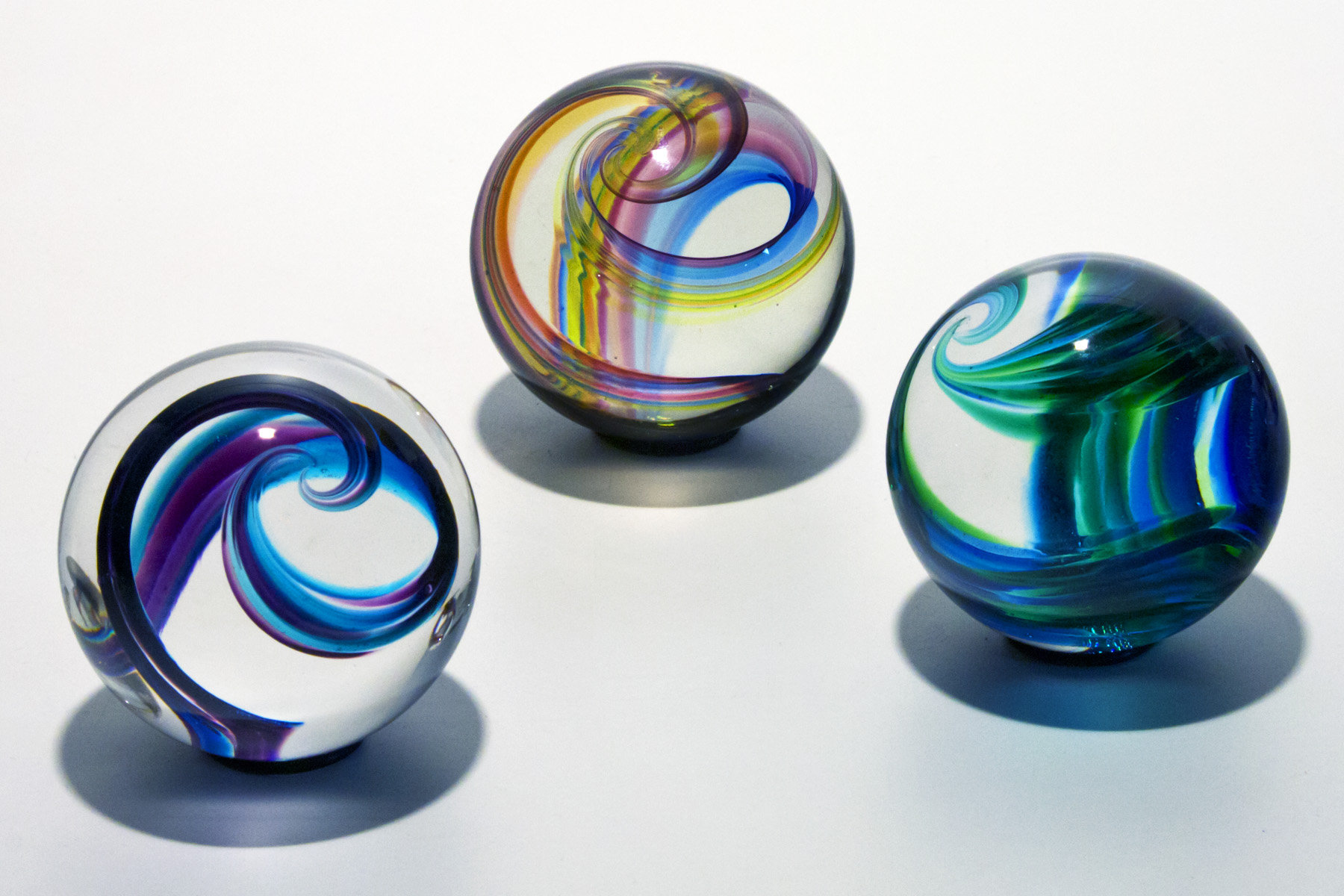
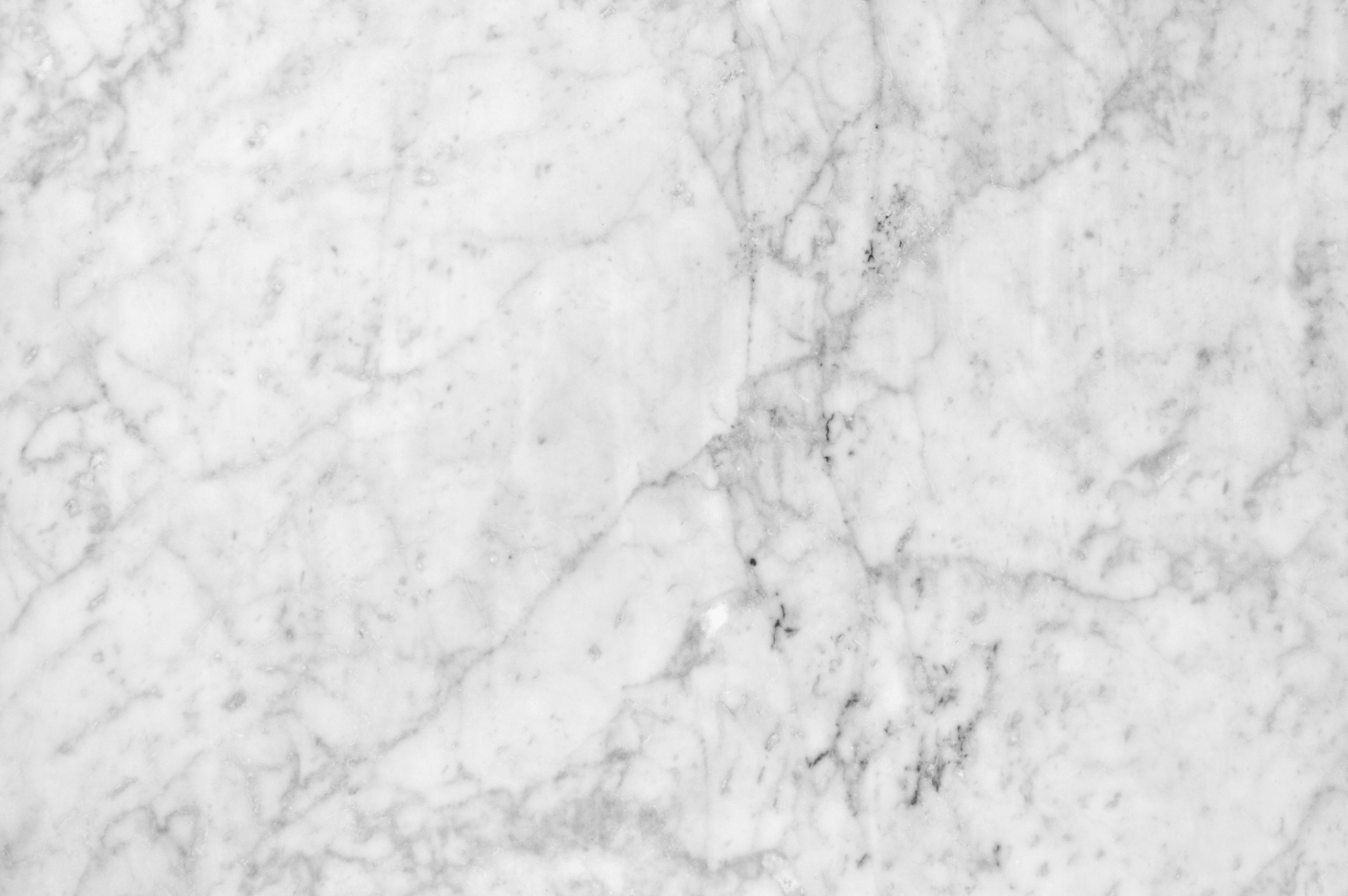

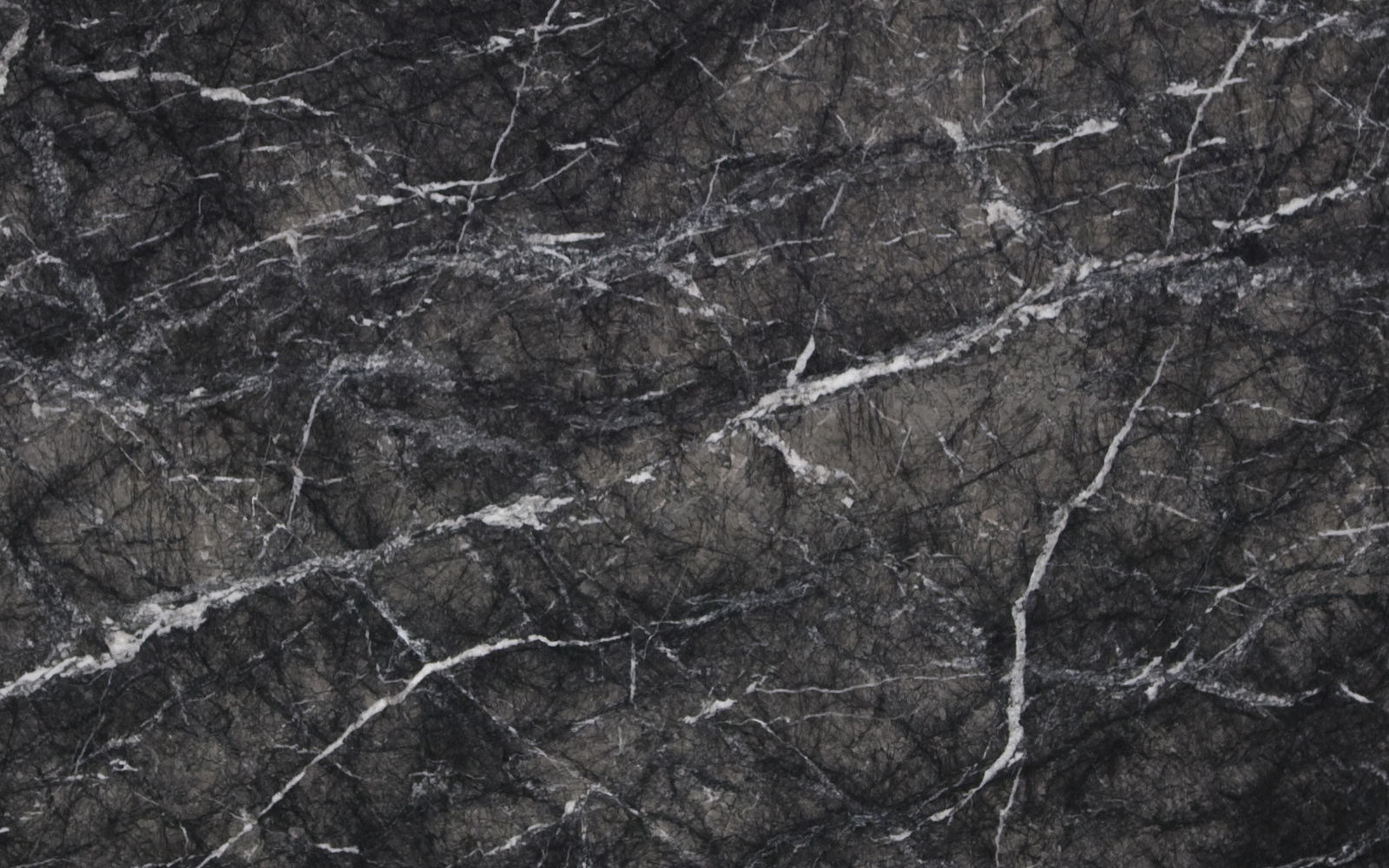




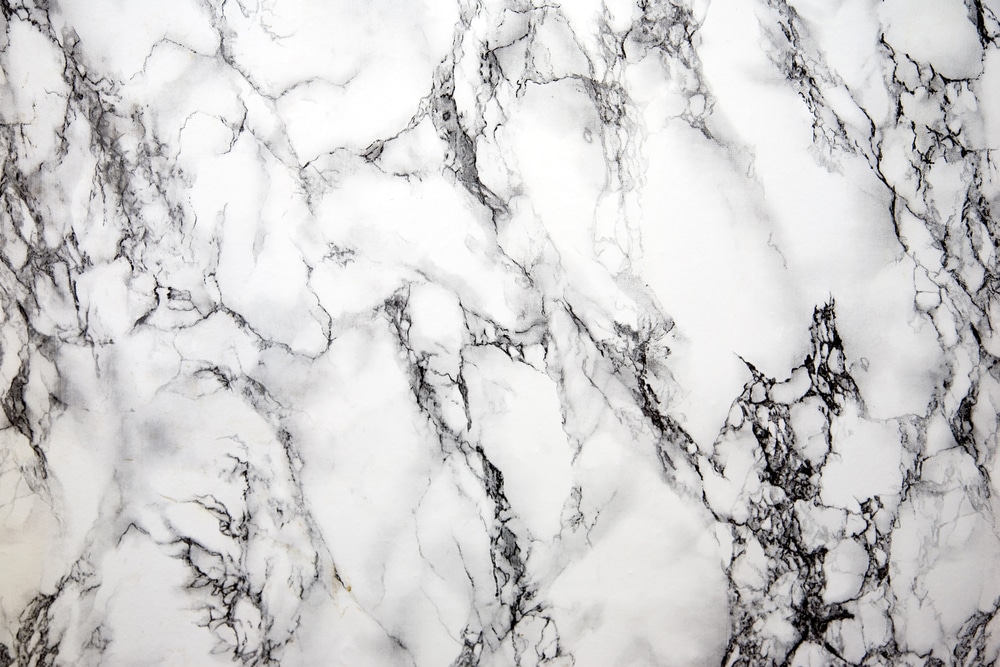

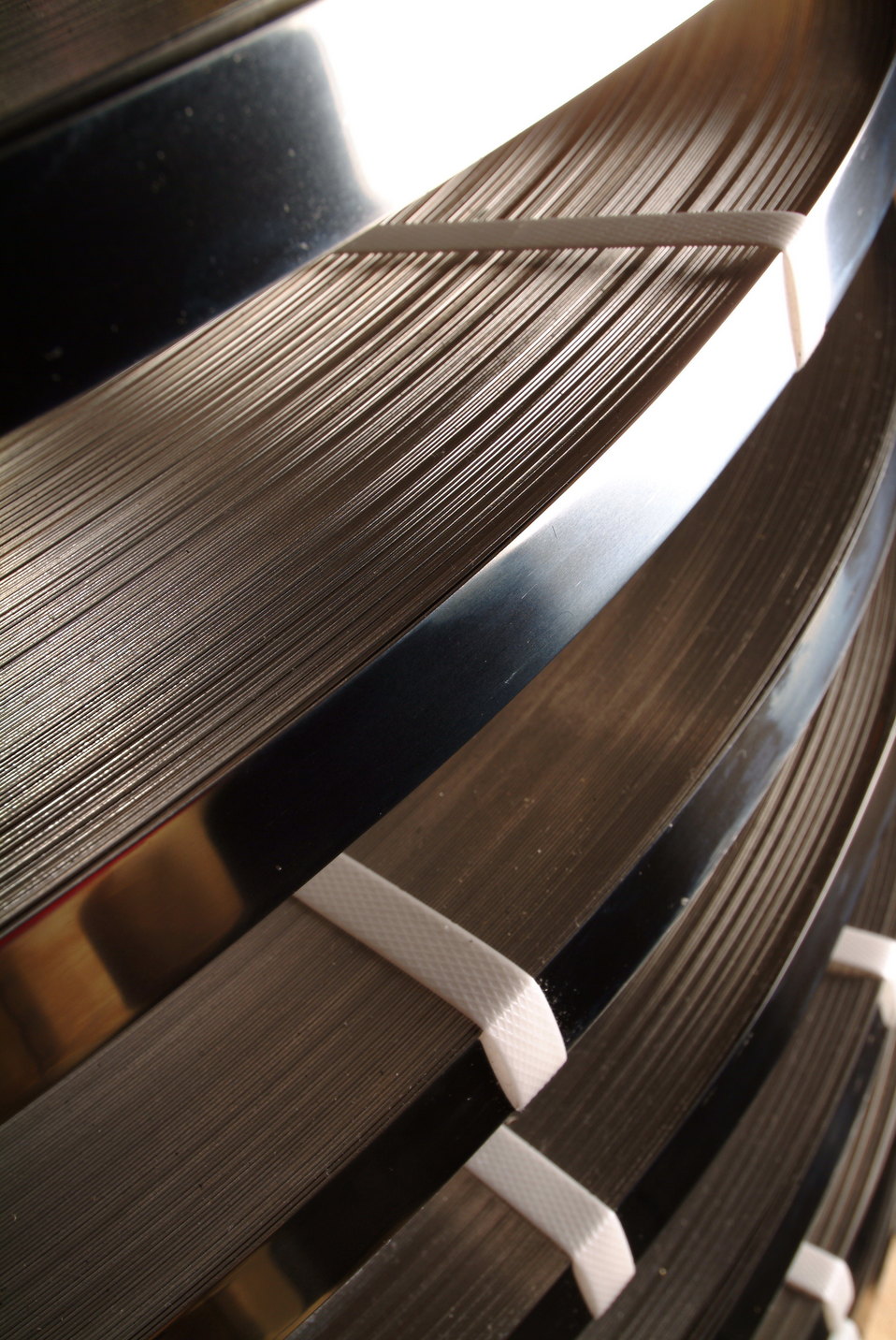


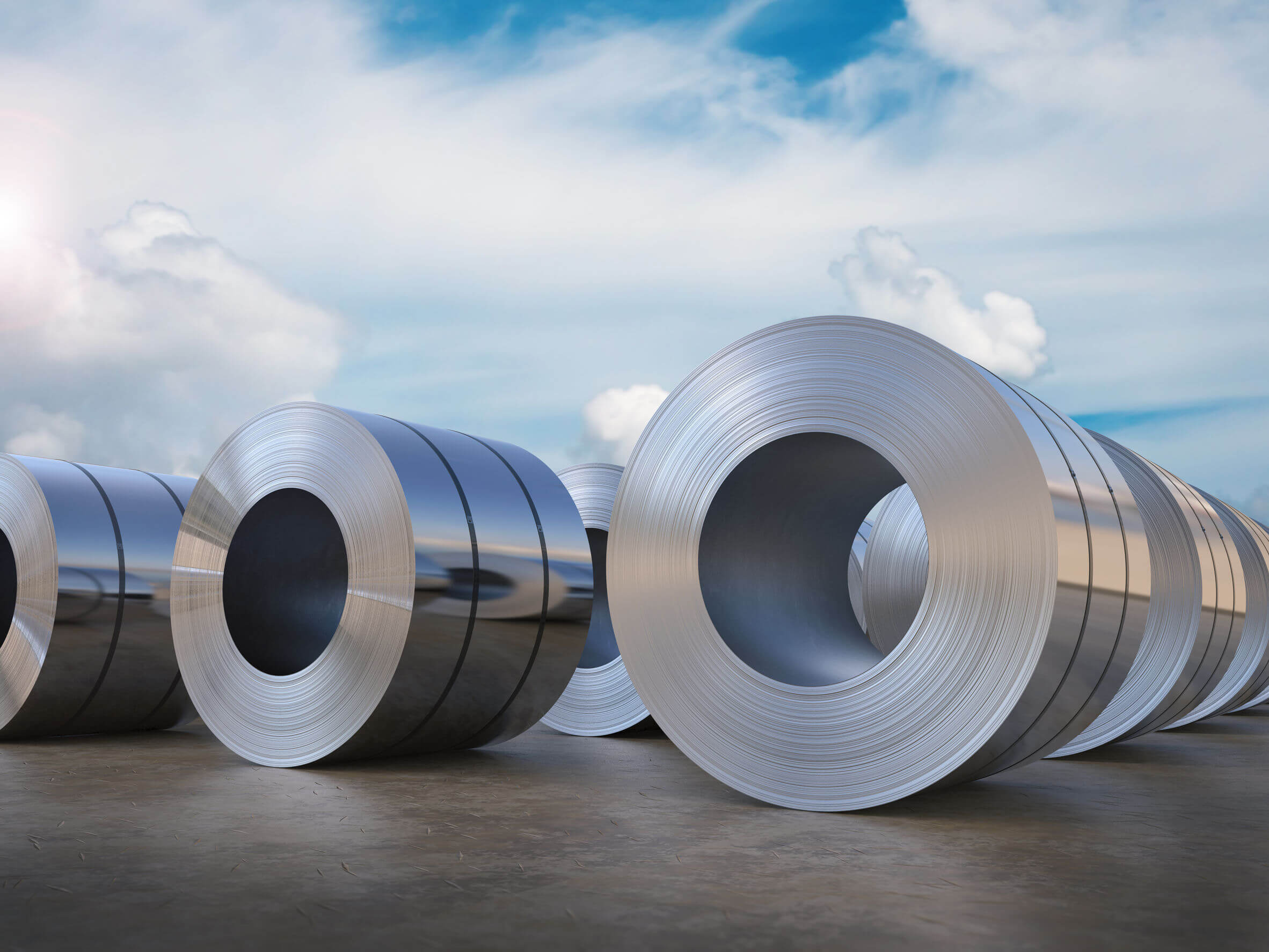





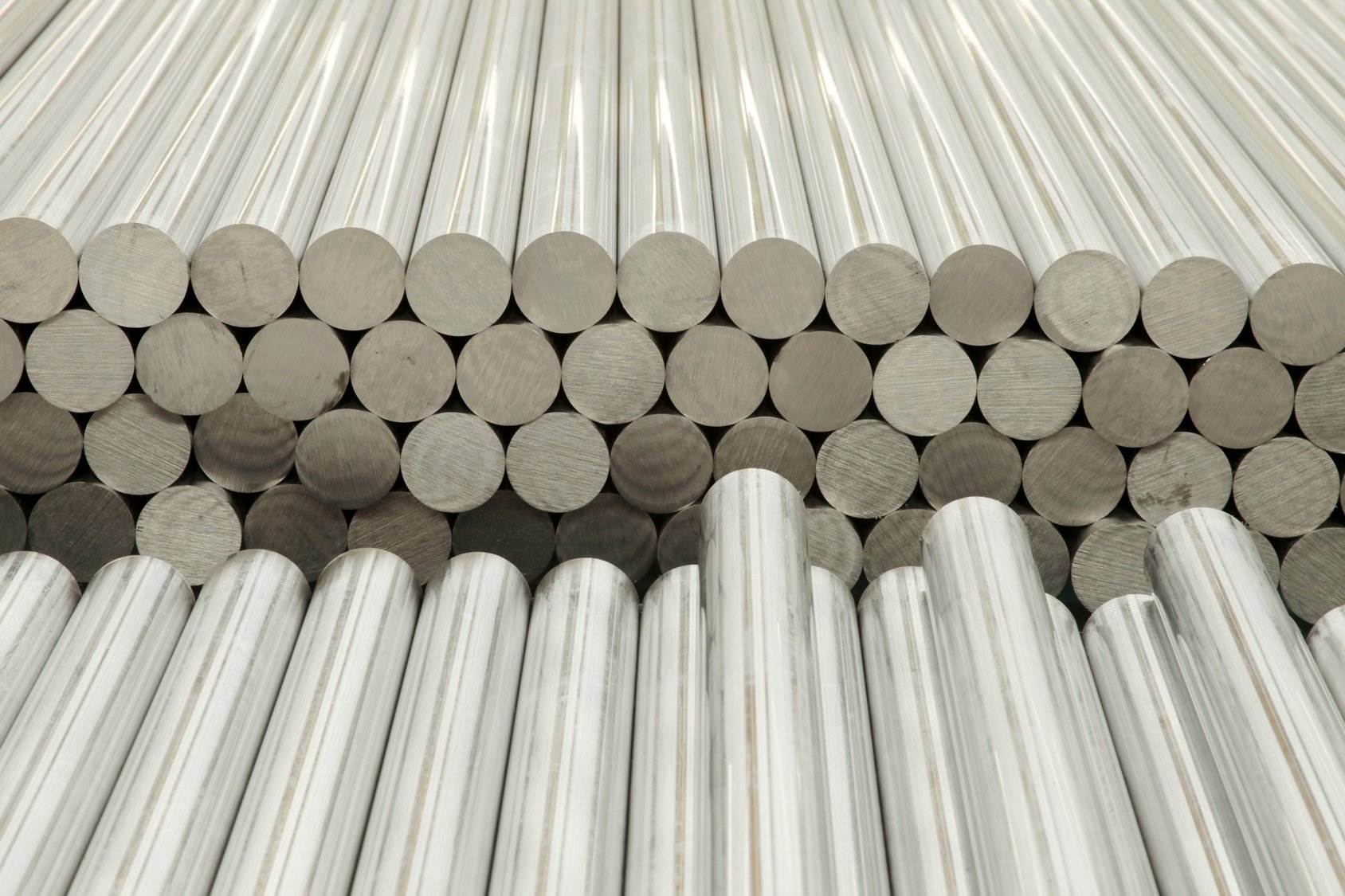



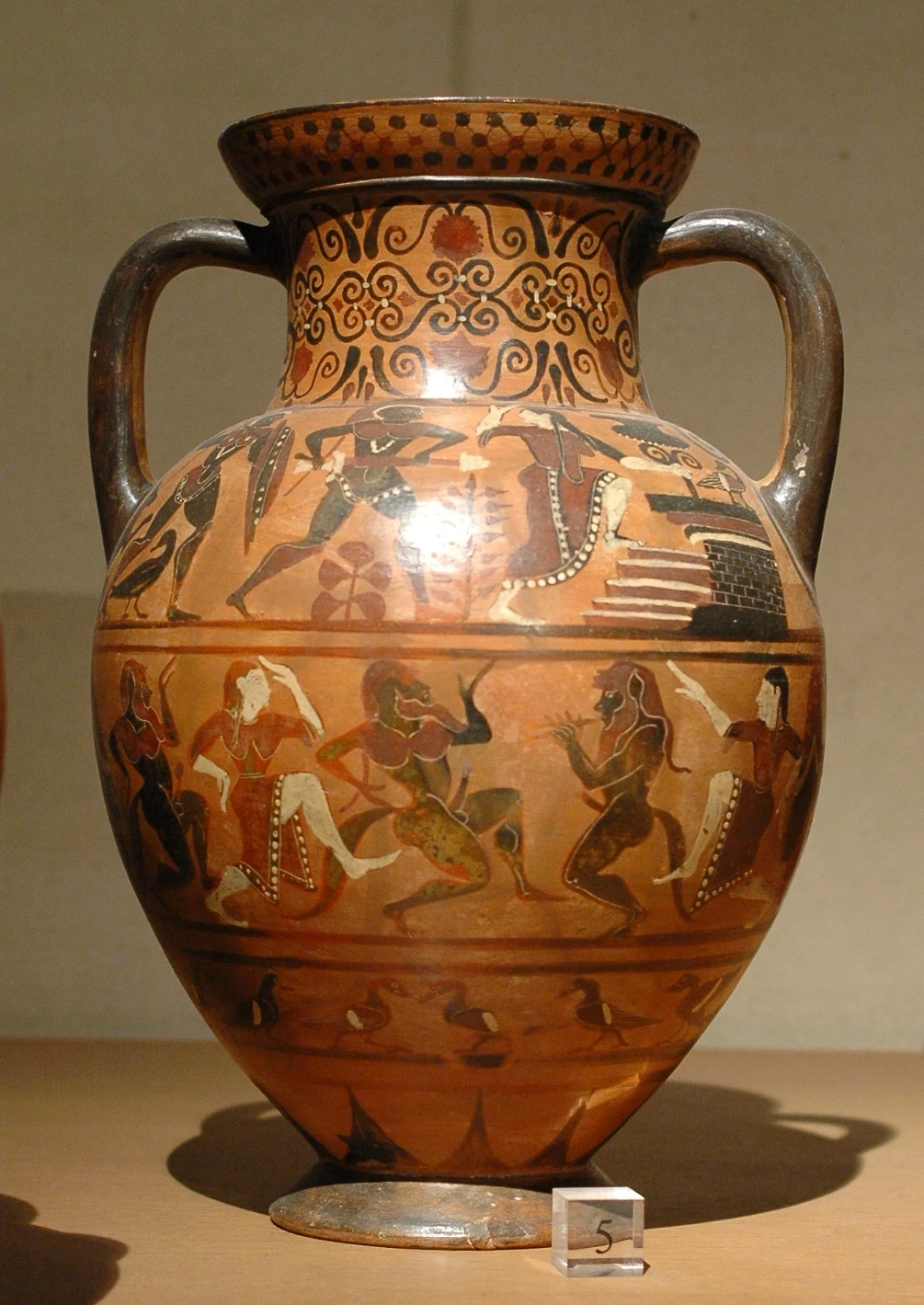



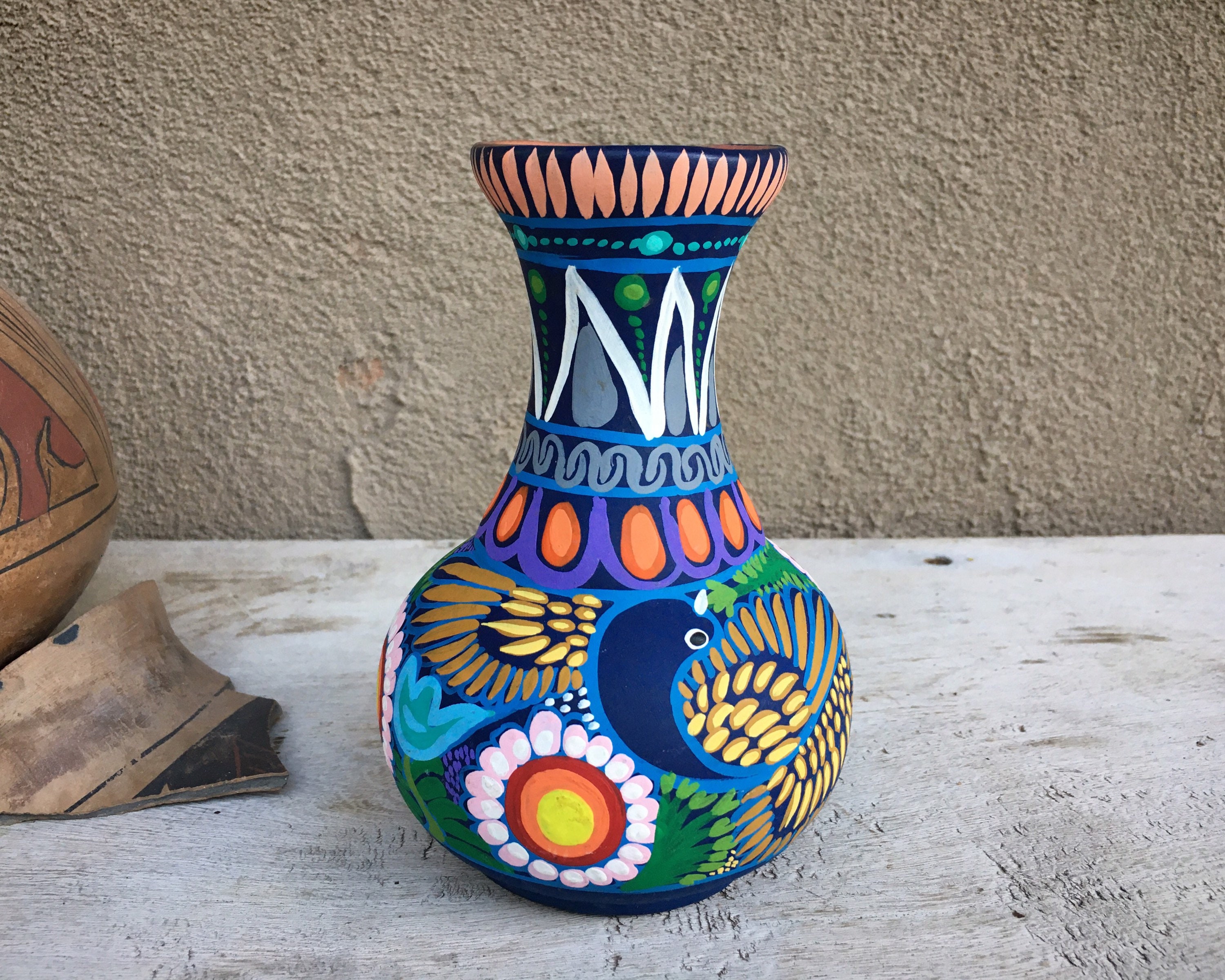

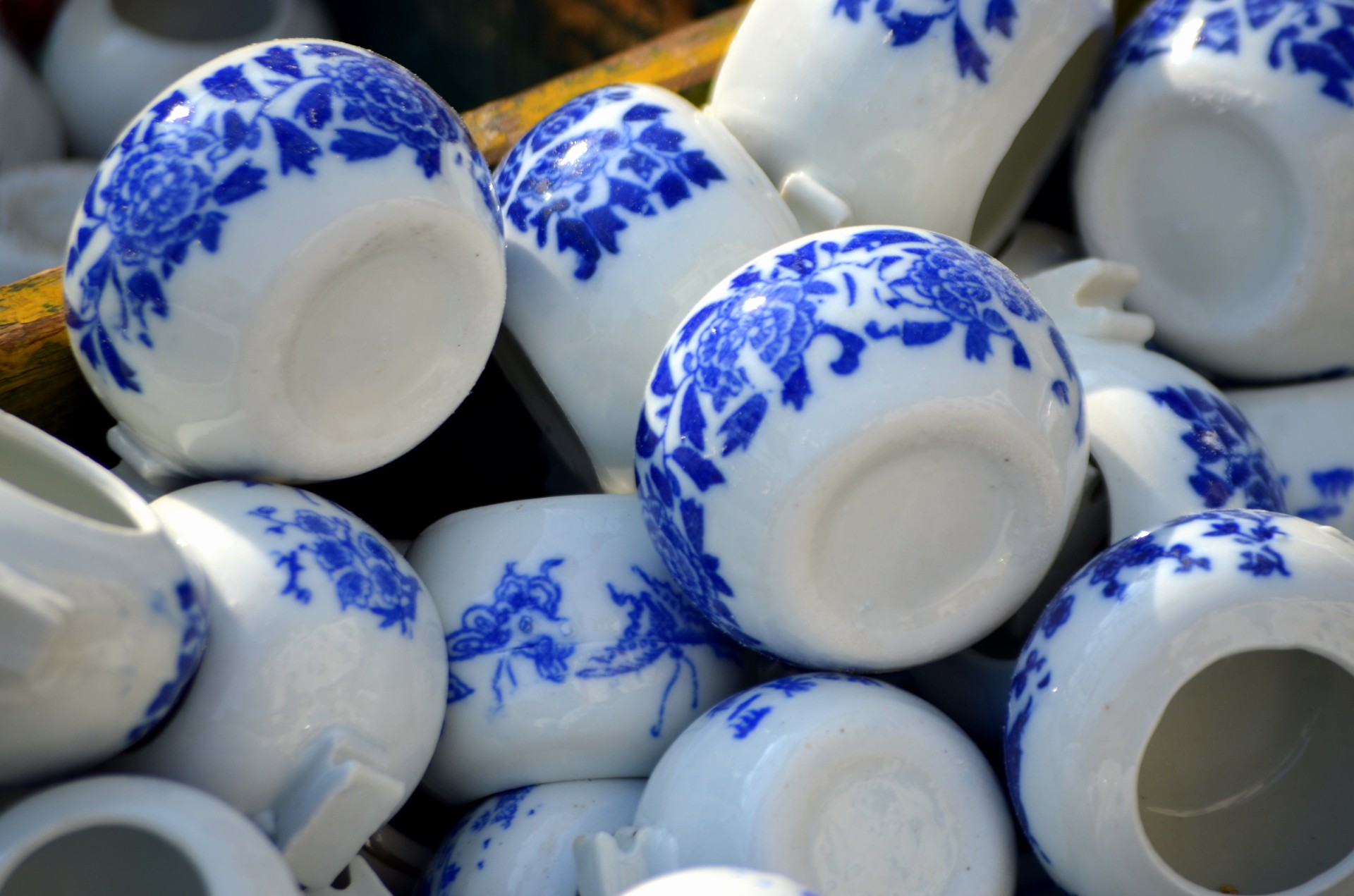


/Installing-Ceramic-Floor-Tile-86464768-583ffd0d5f9b5851e5eac8c0.jpg)

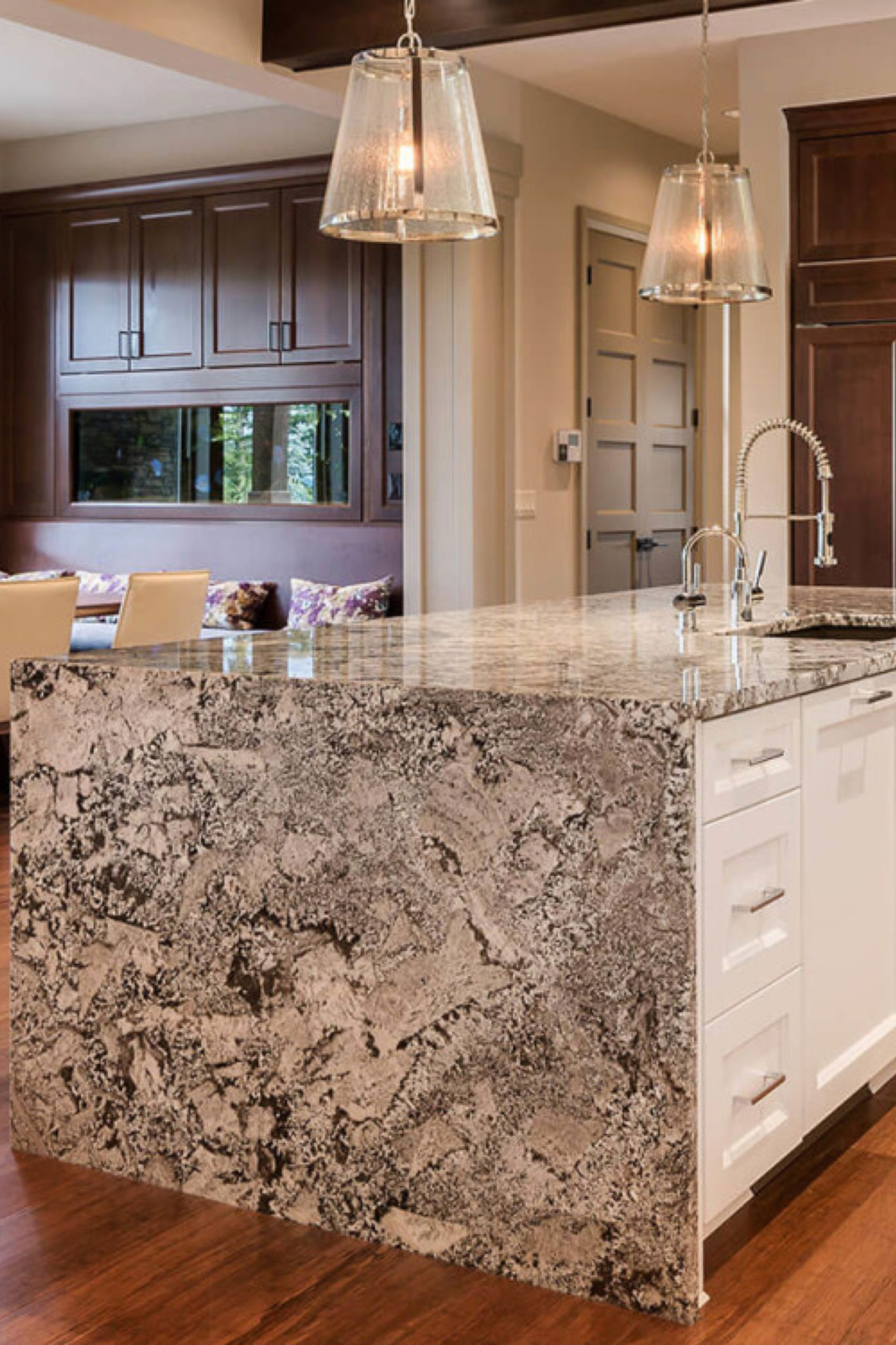
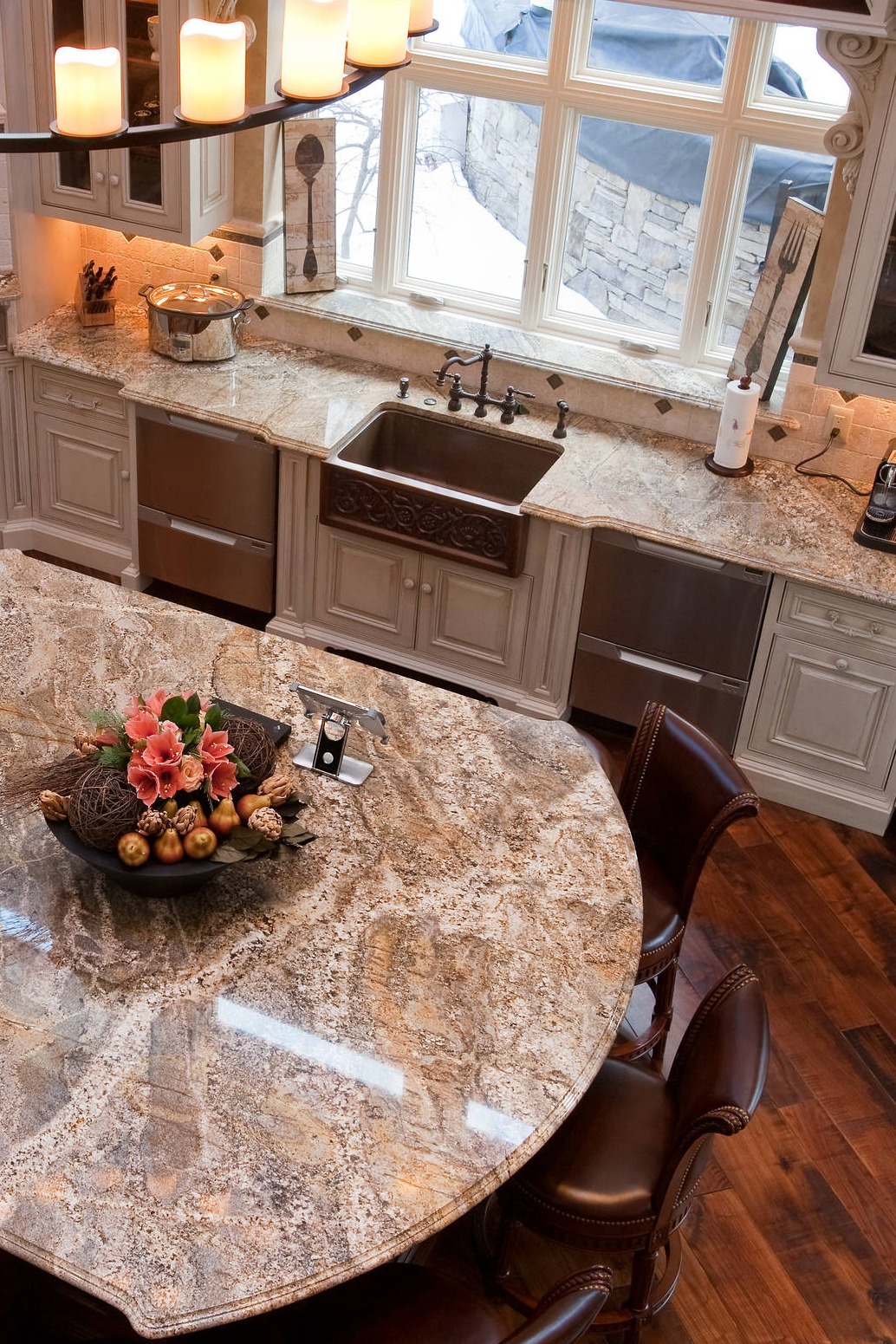
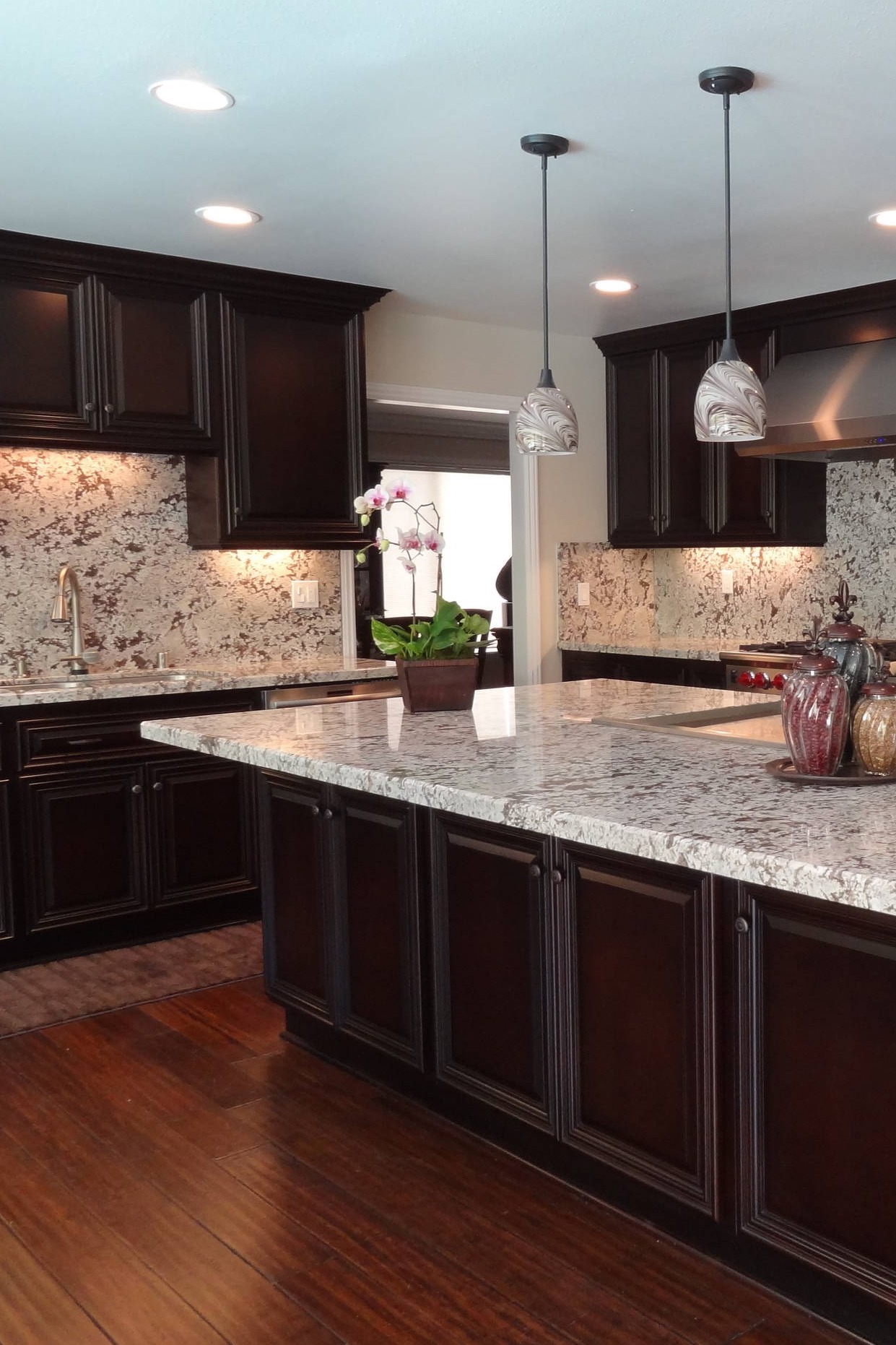


/Granite-Countertop-58c568523df78c353cfebca3.jpg)

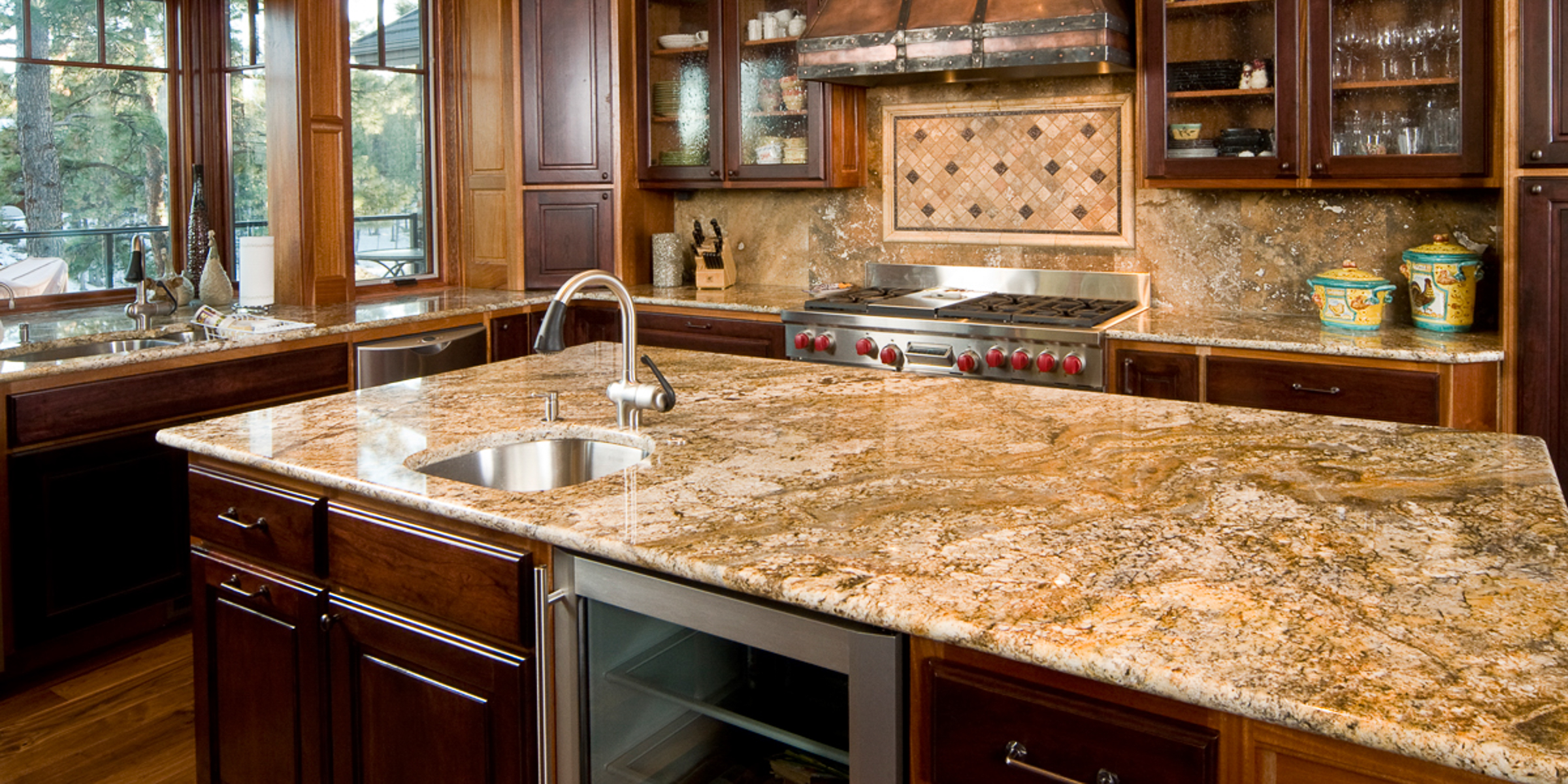
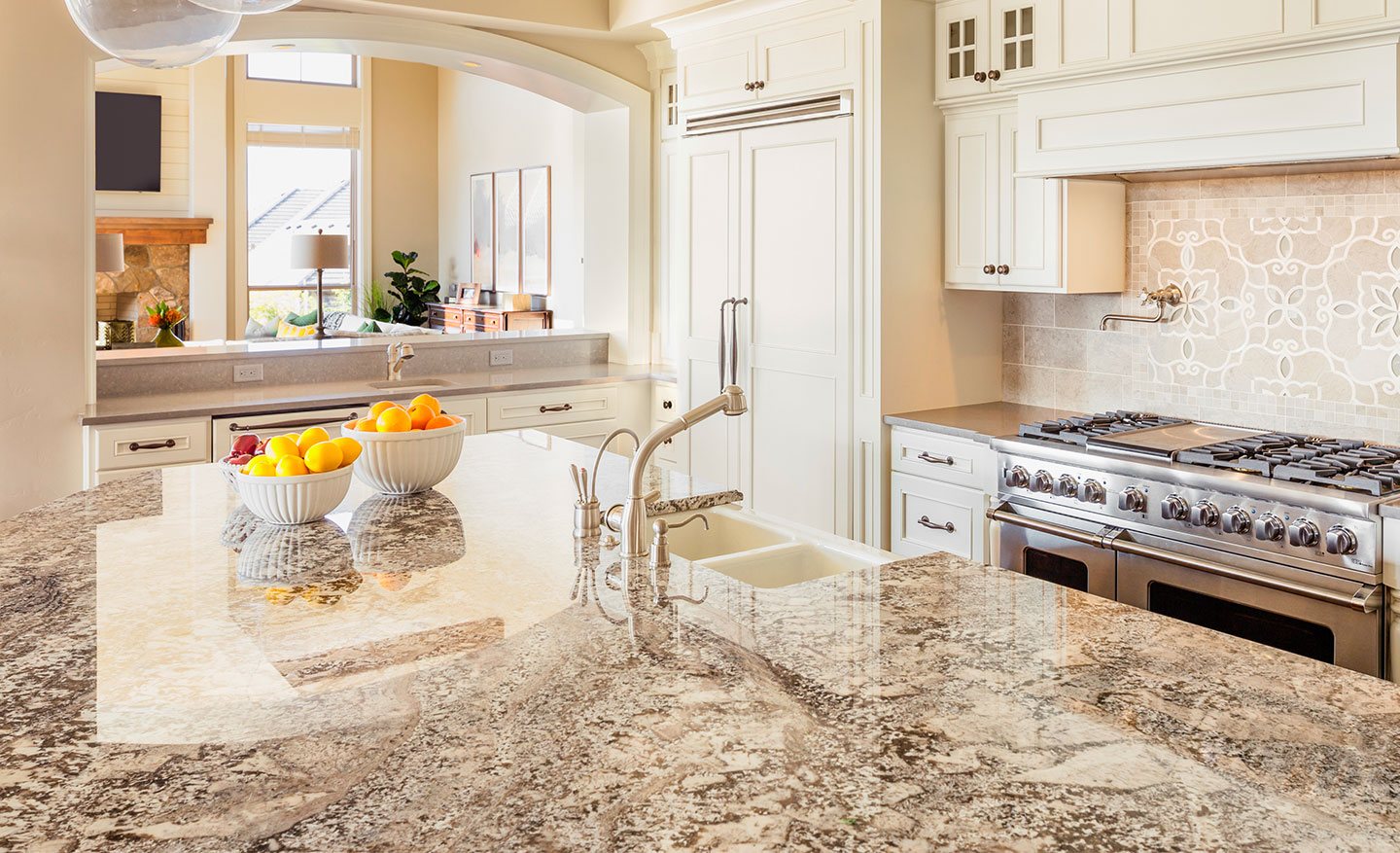
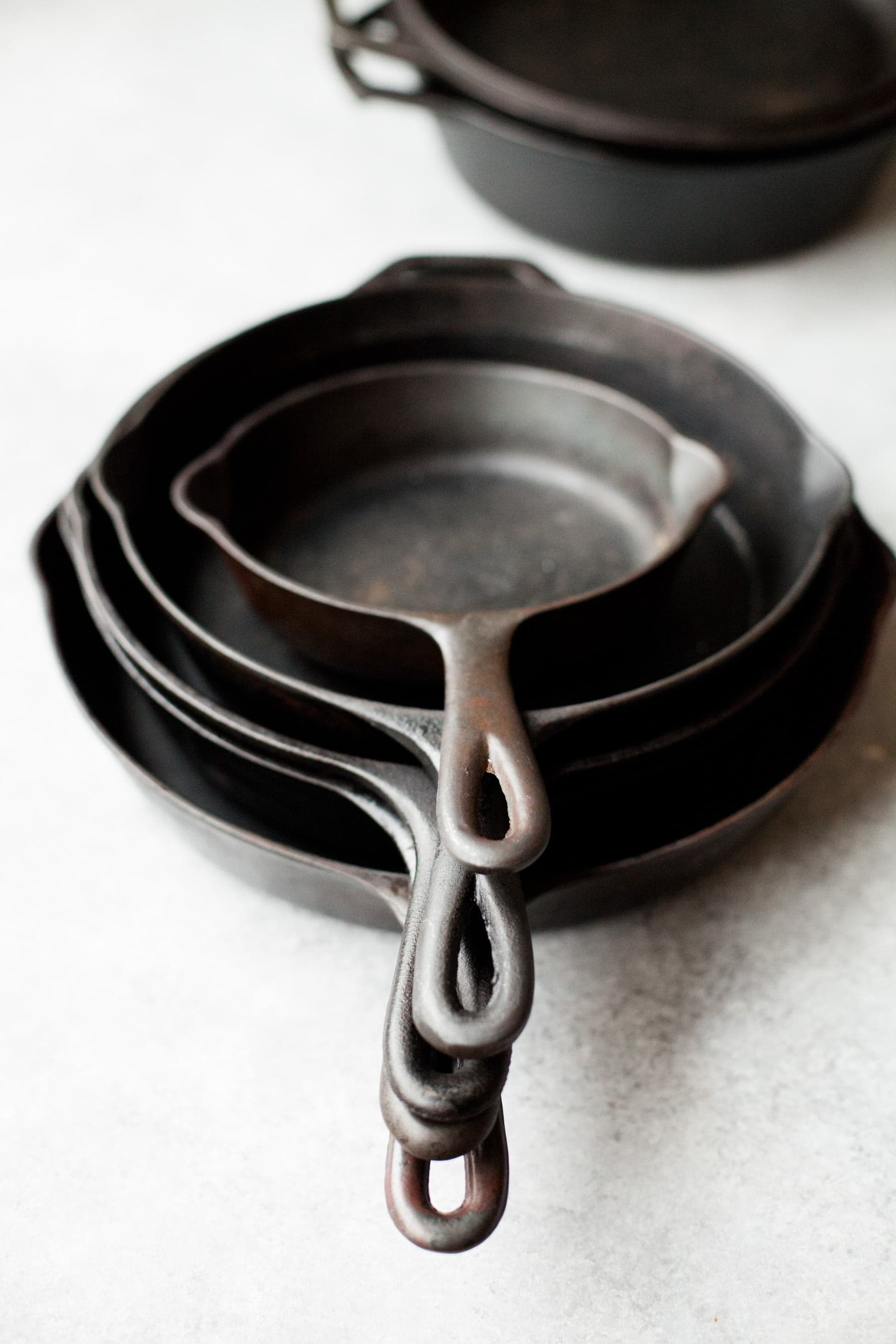

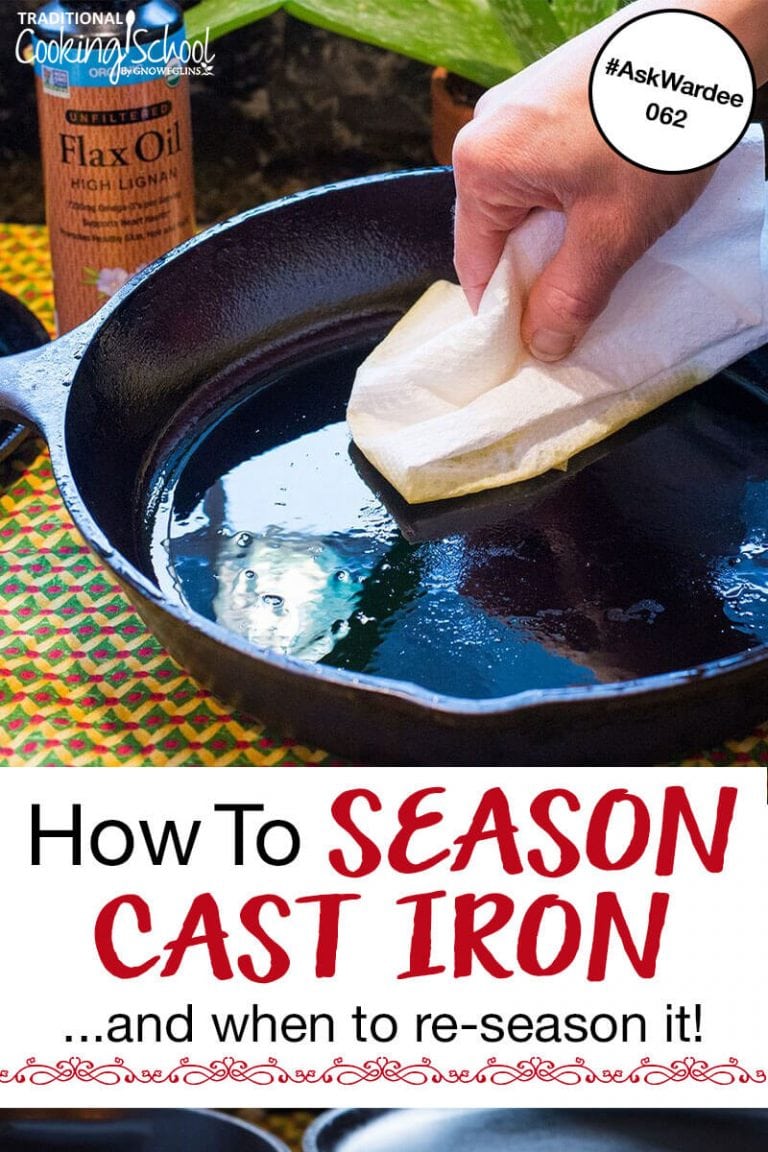




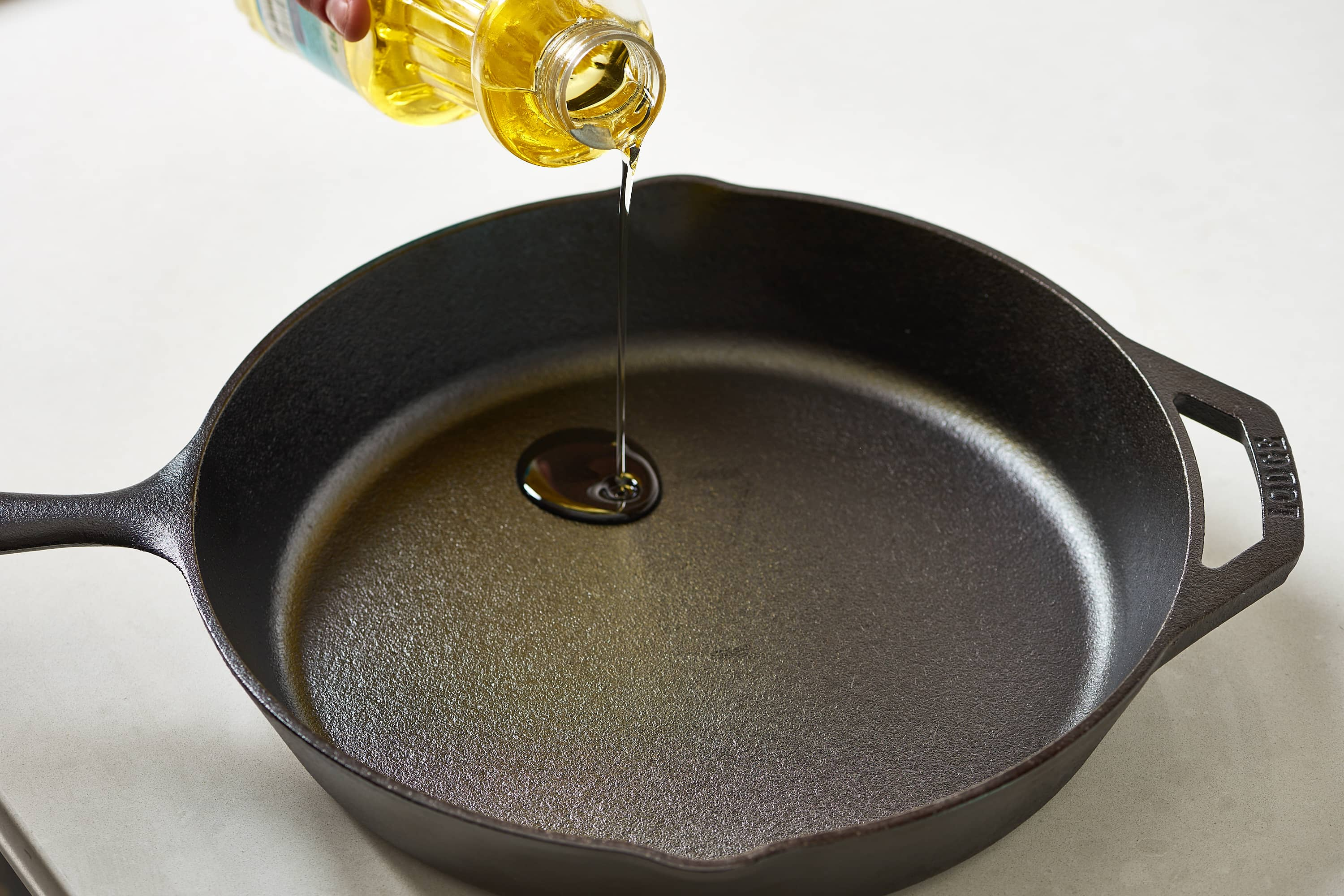
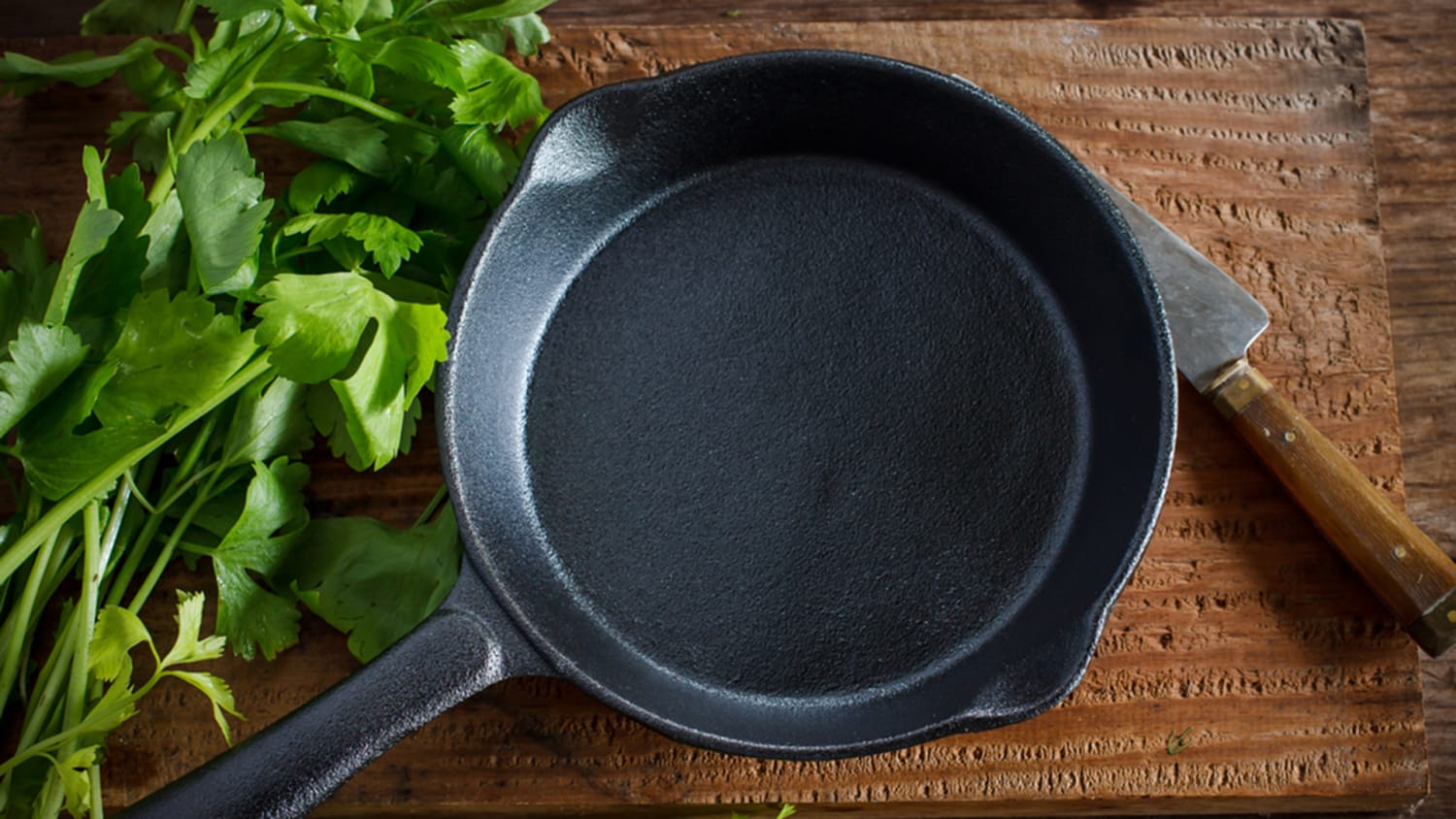

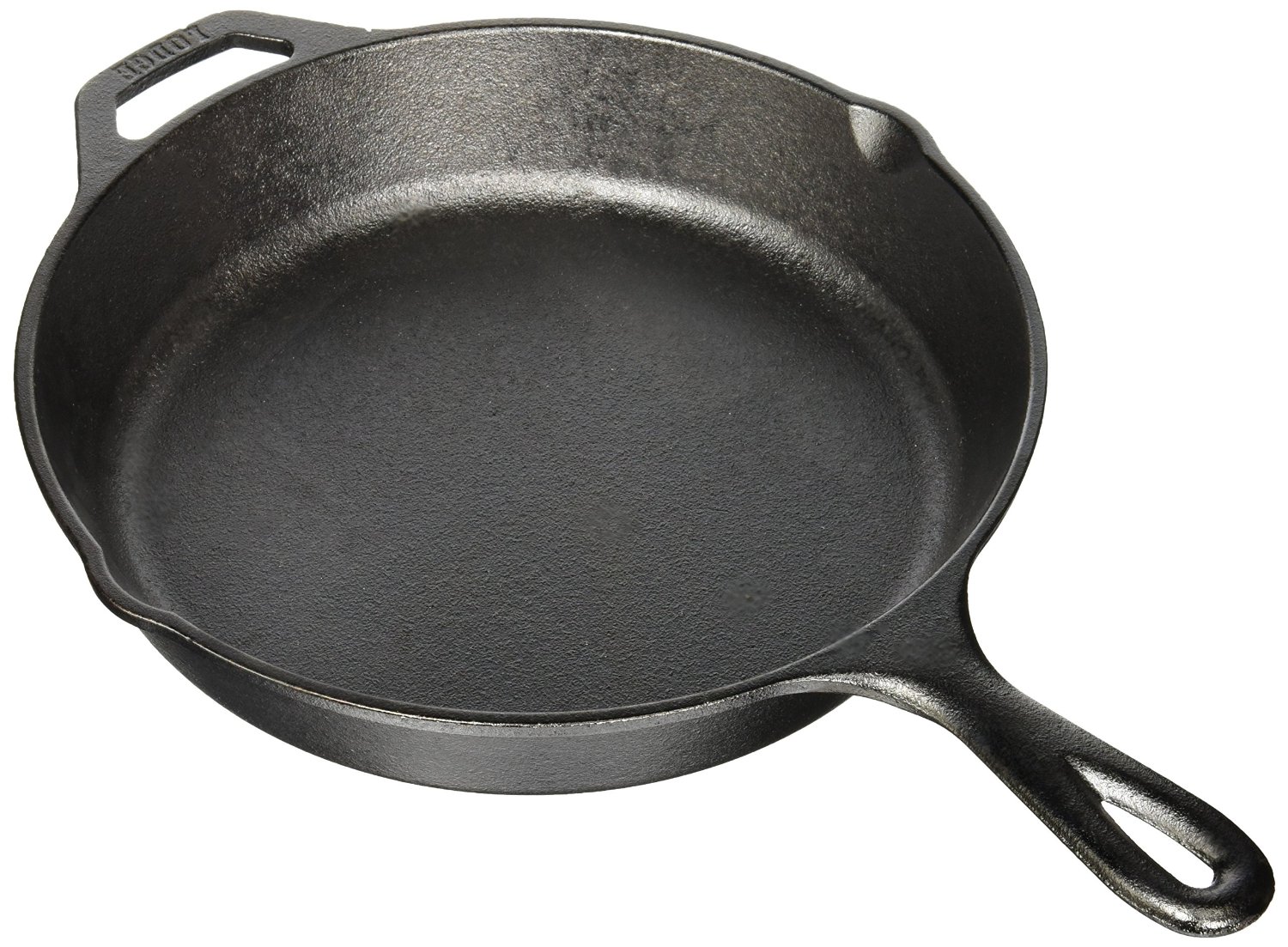

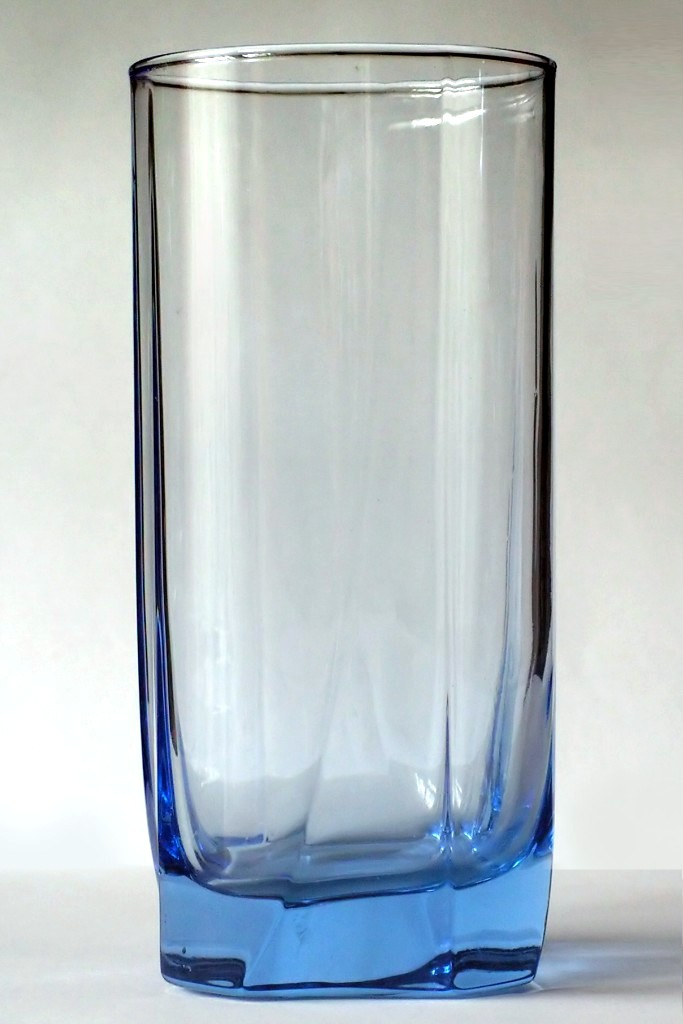




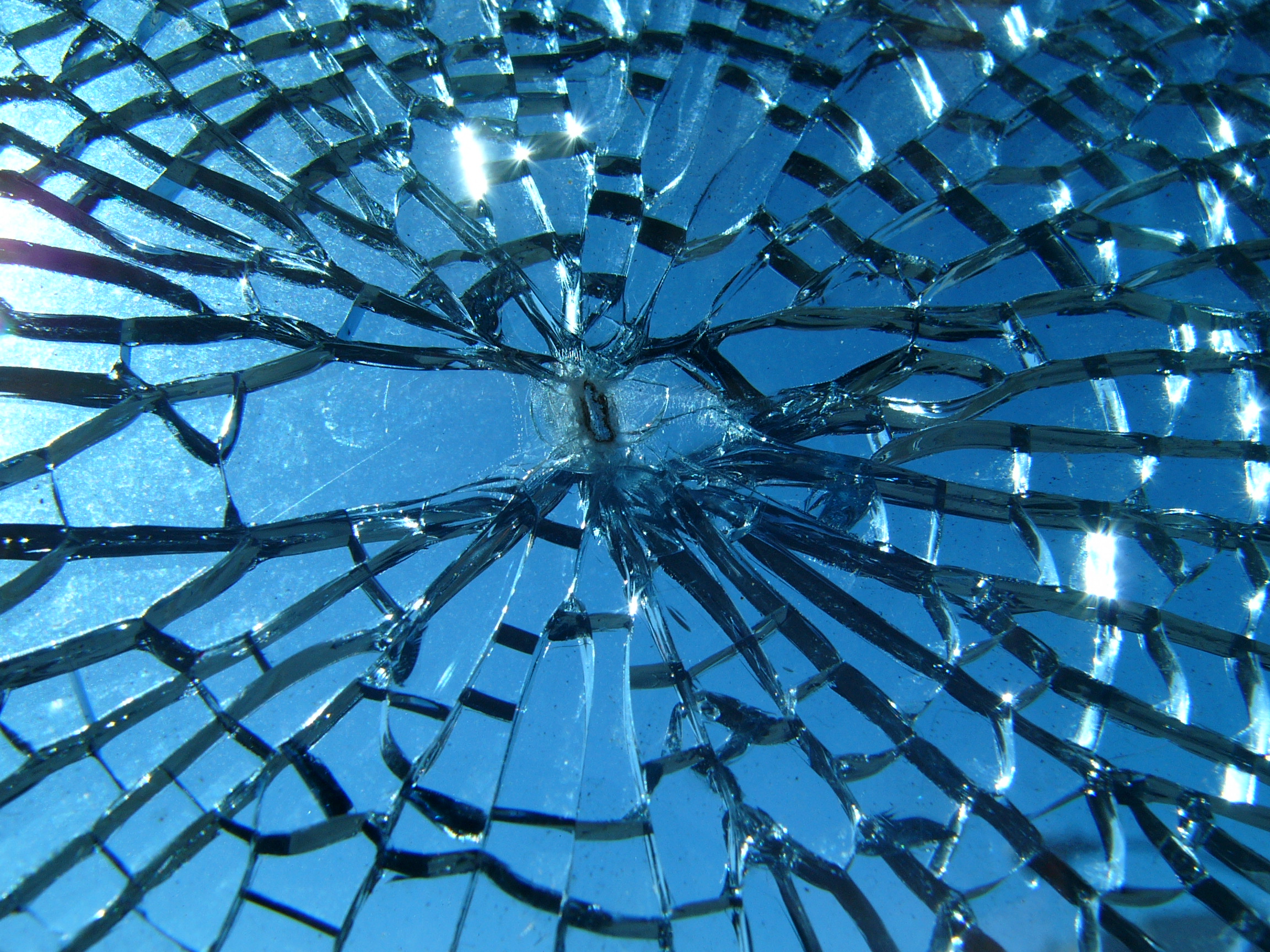

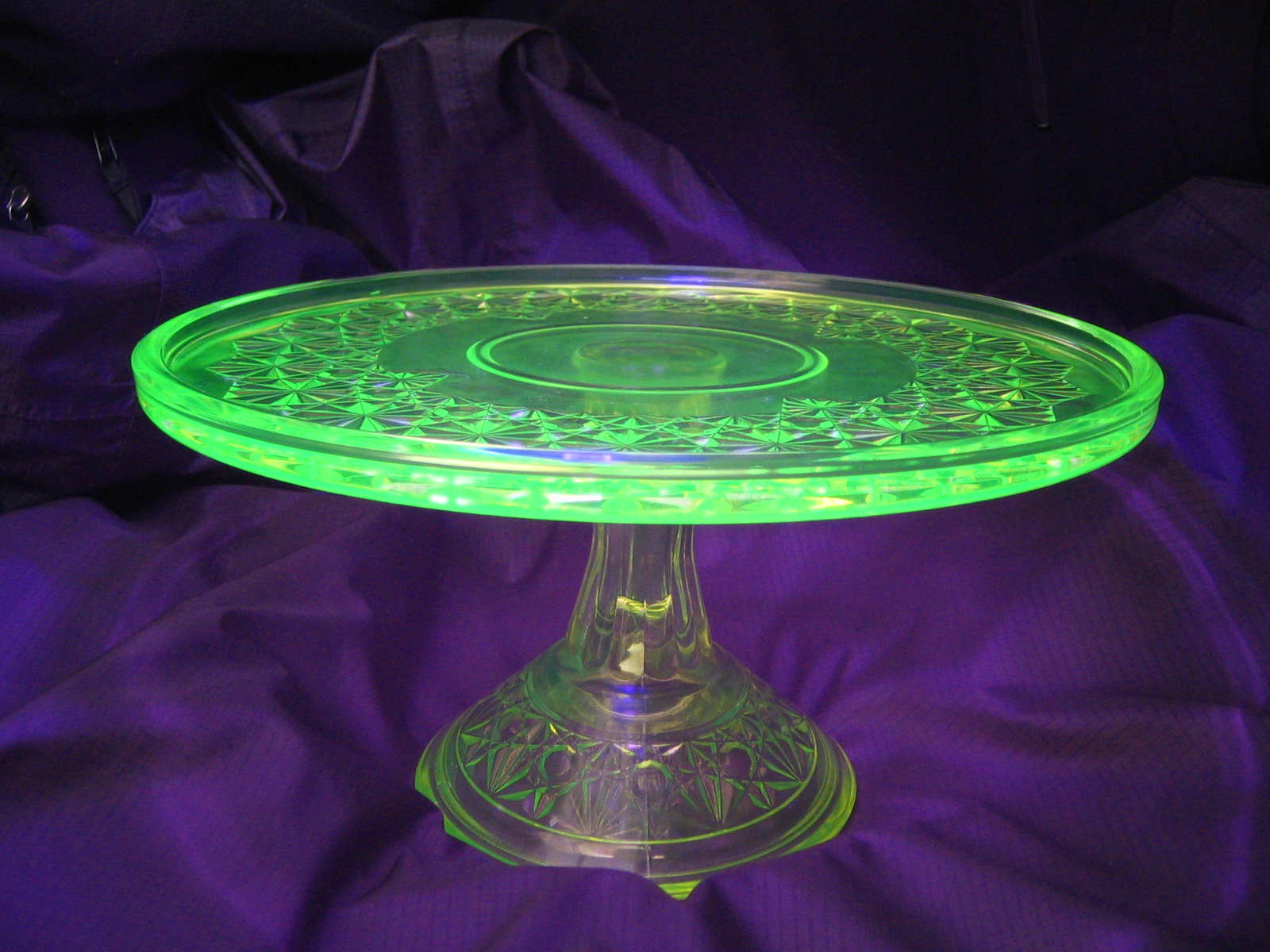
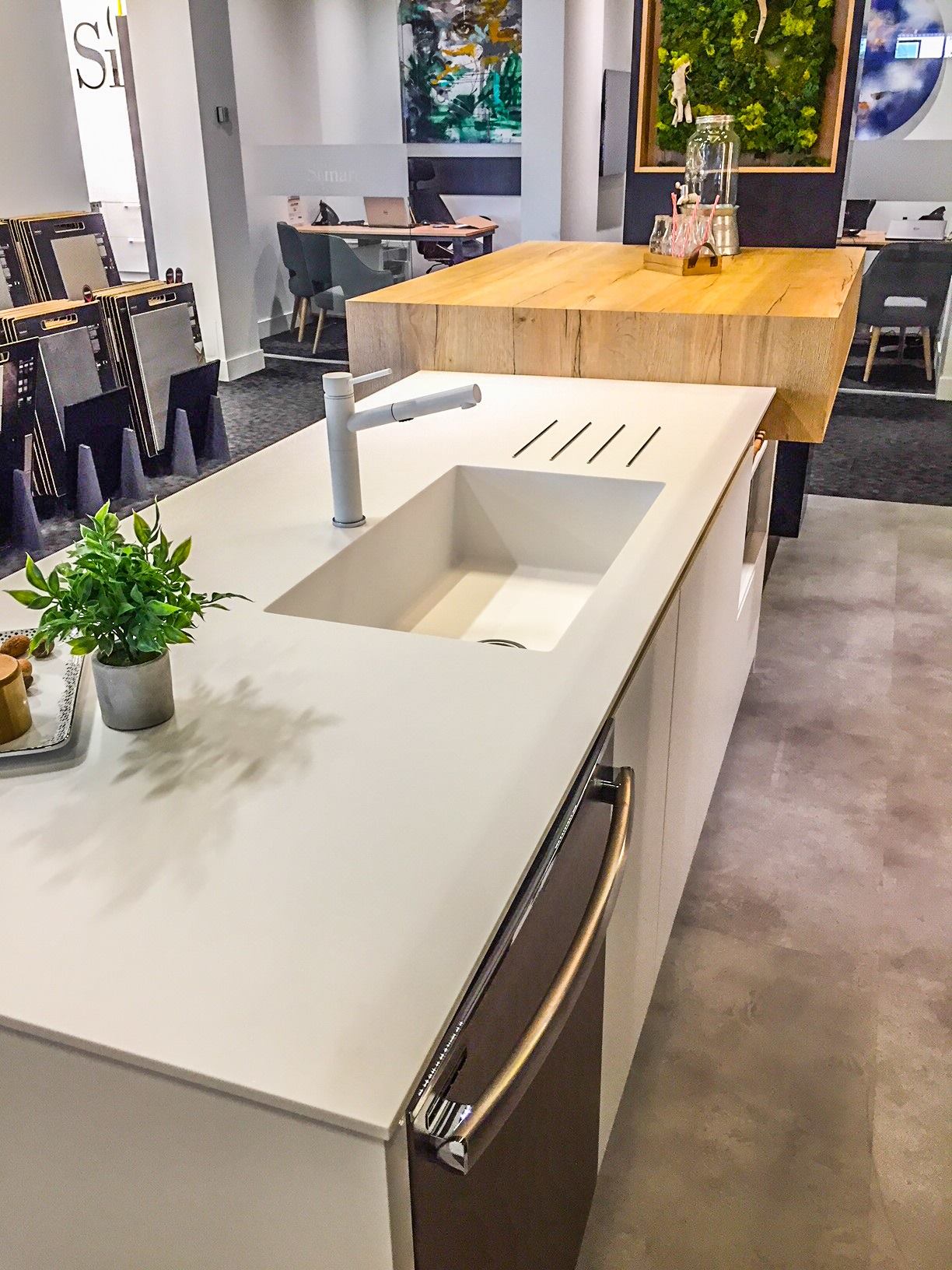
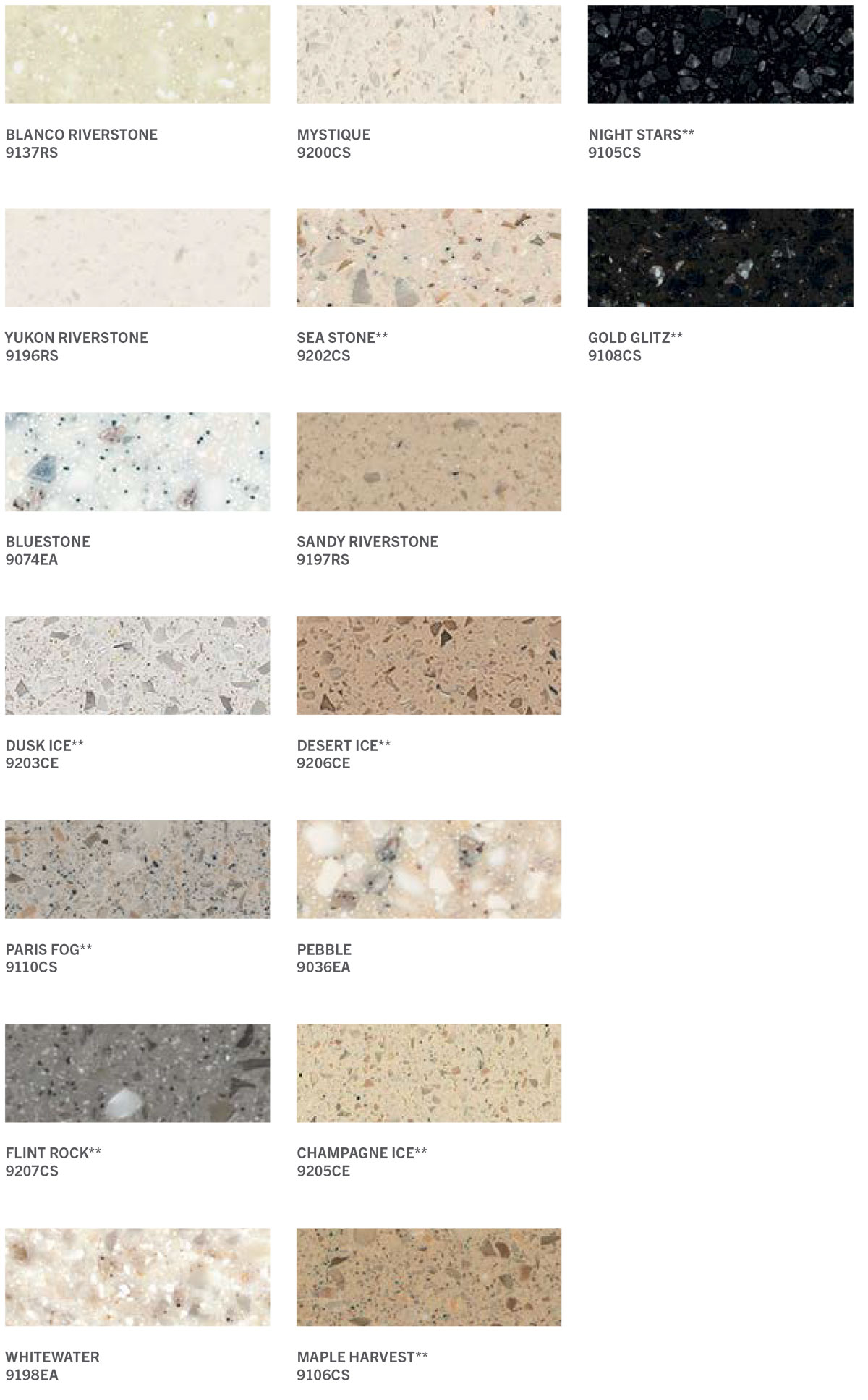

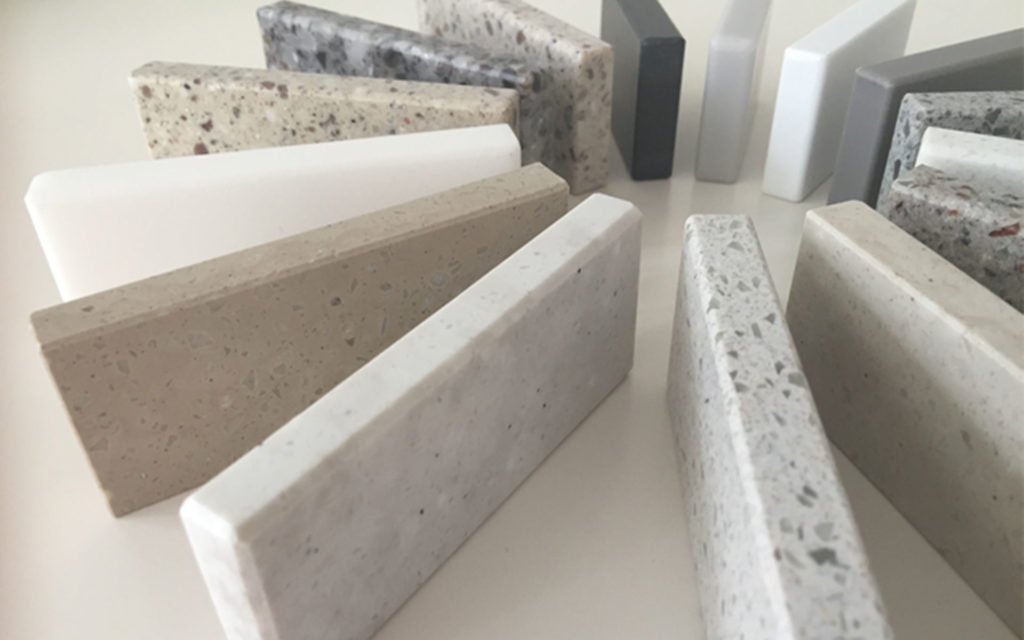
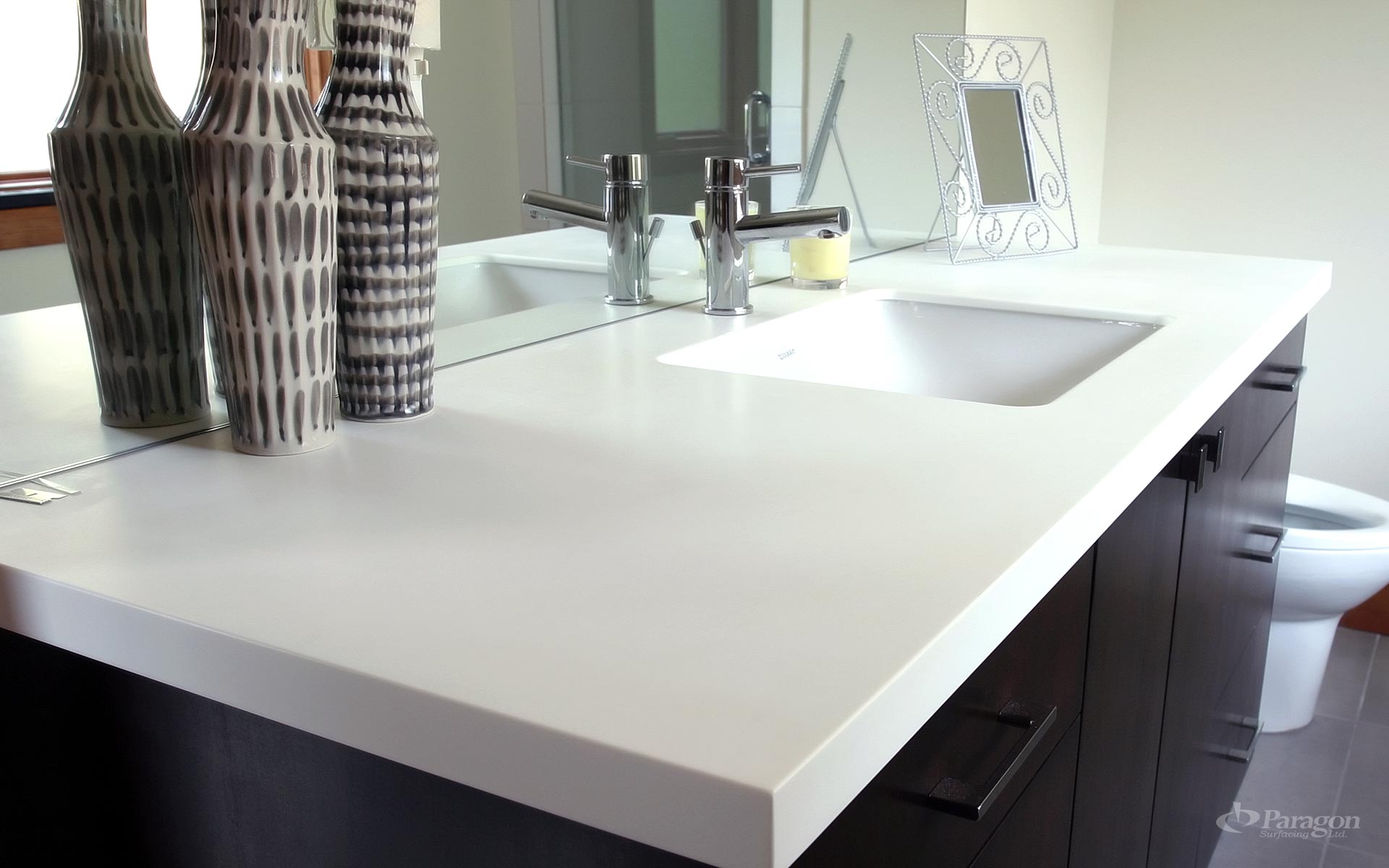





/Bathroomvanity-GettyImages-484490250-cdfaa72bc448469a8381b42080fa56ca.jpg)
